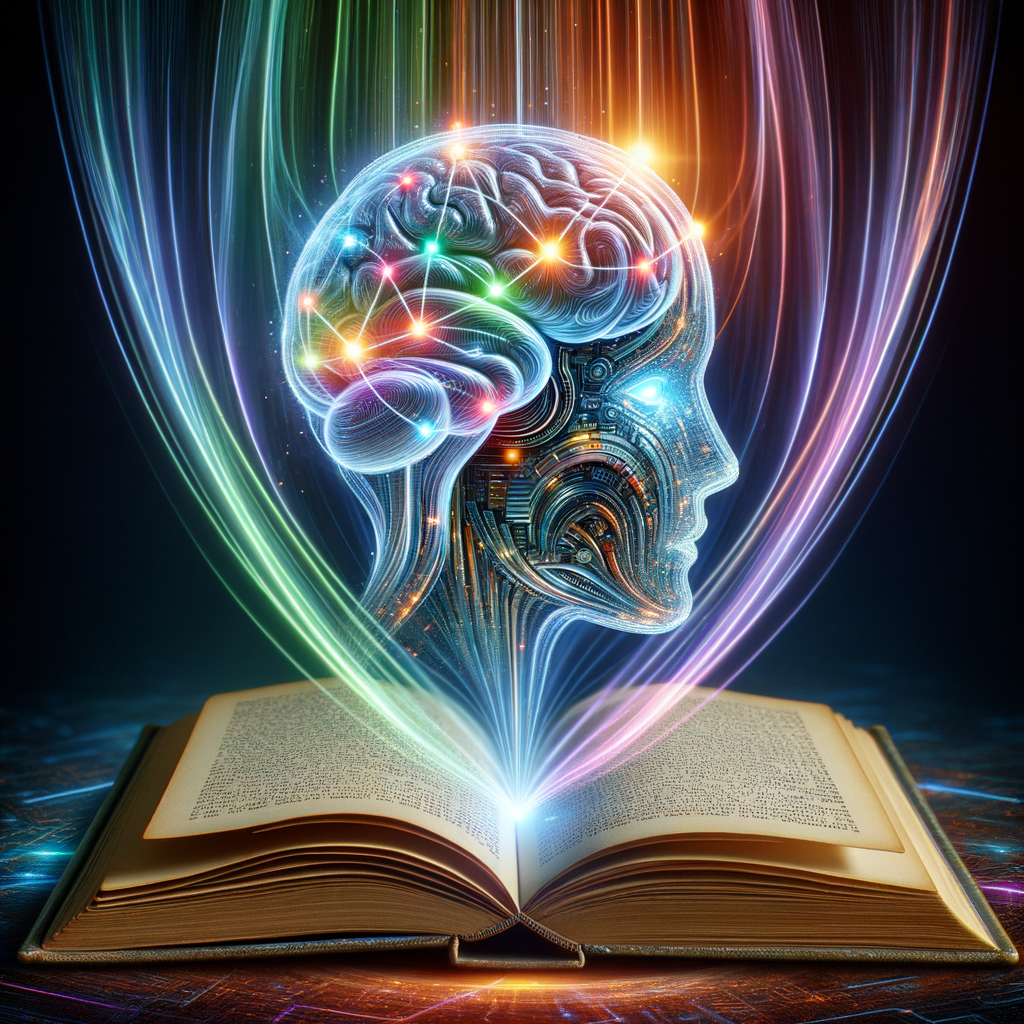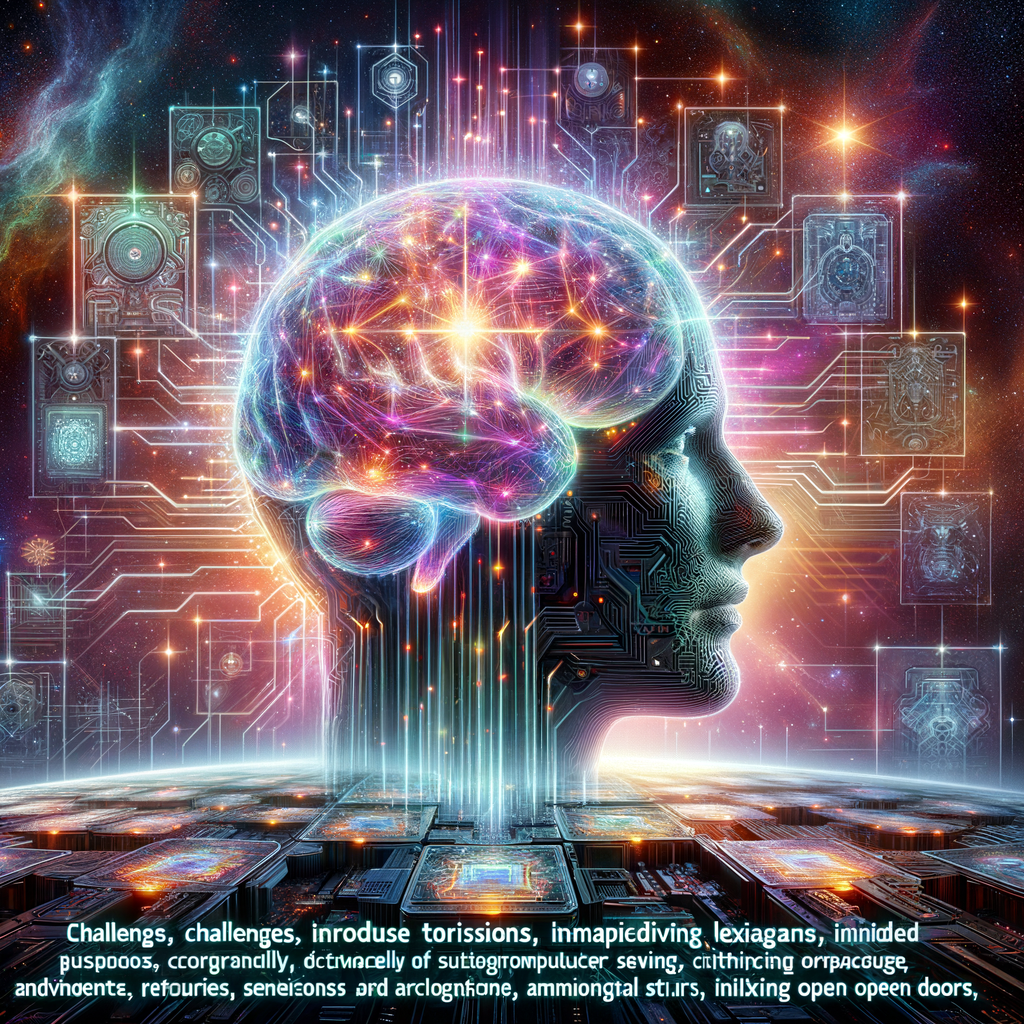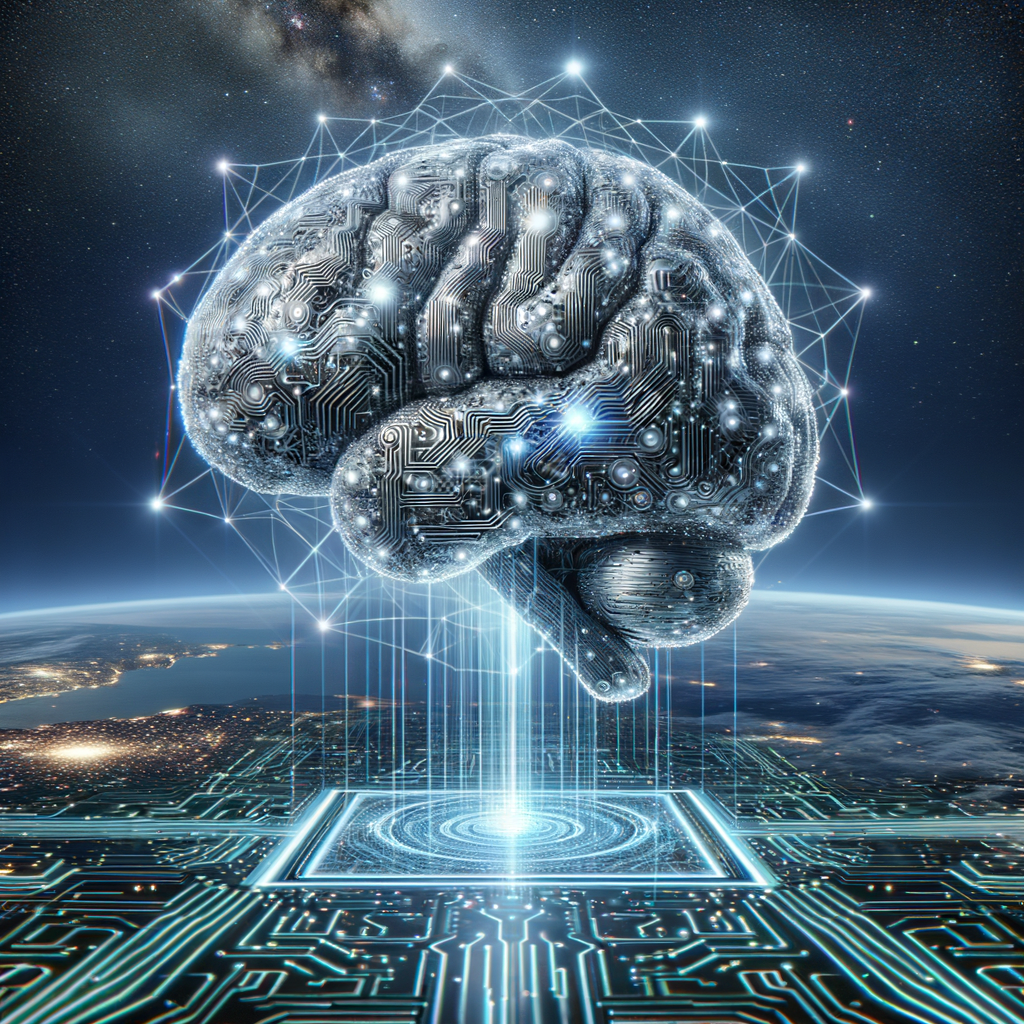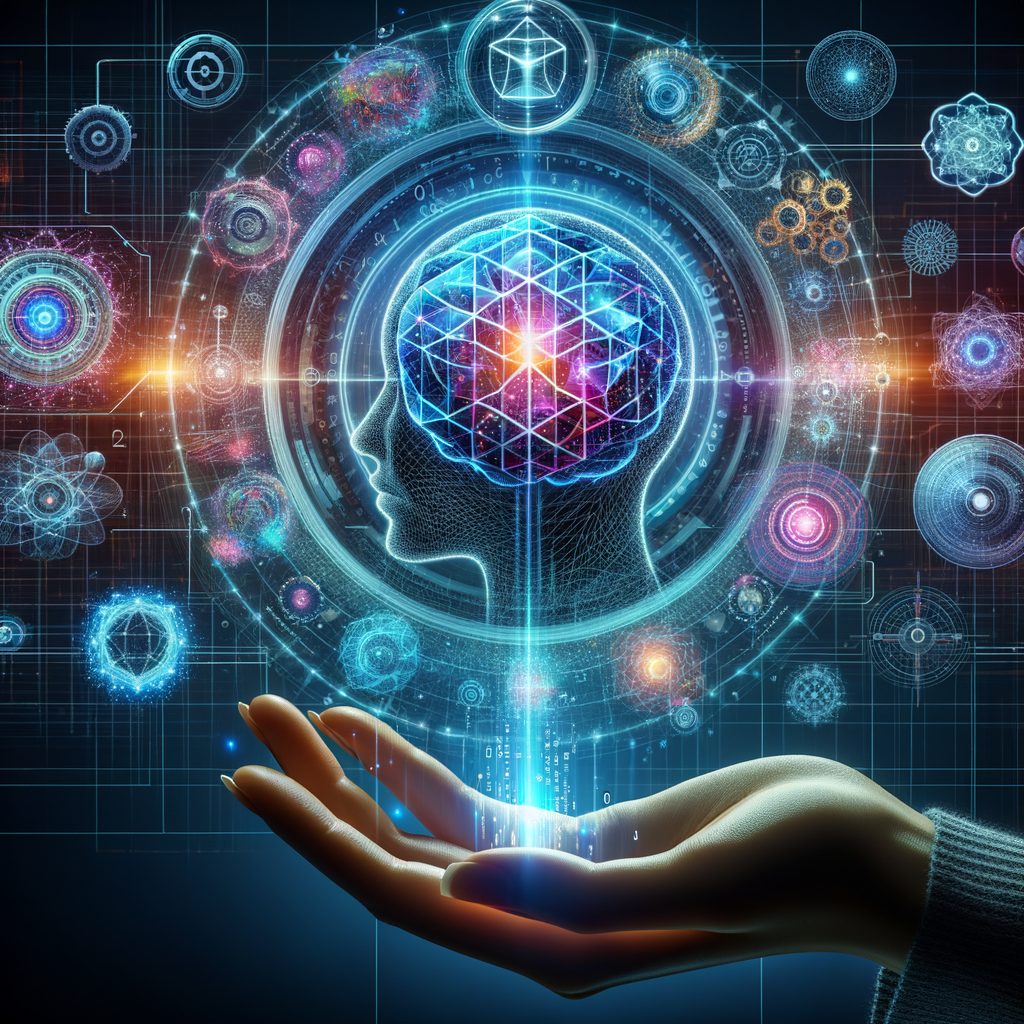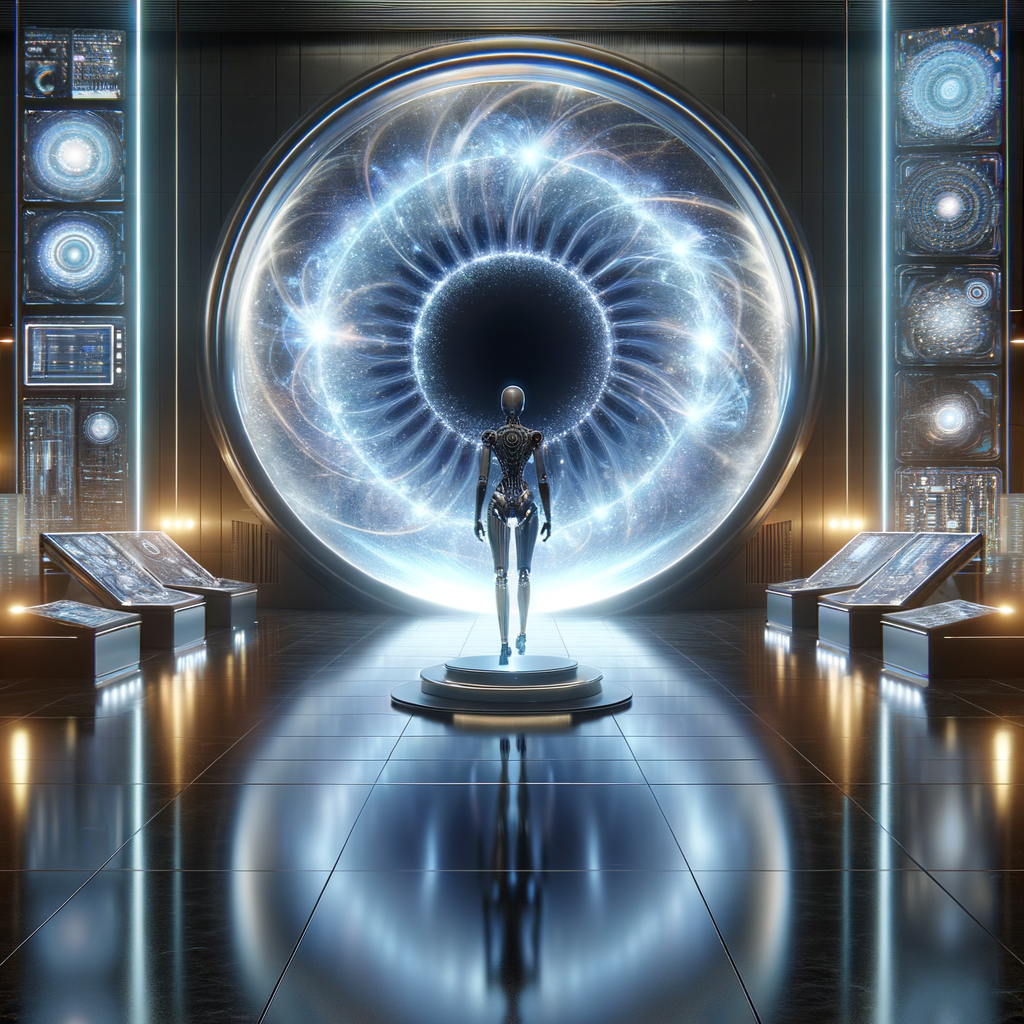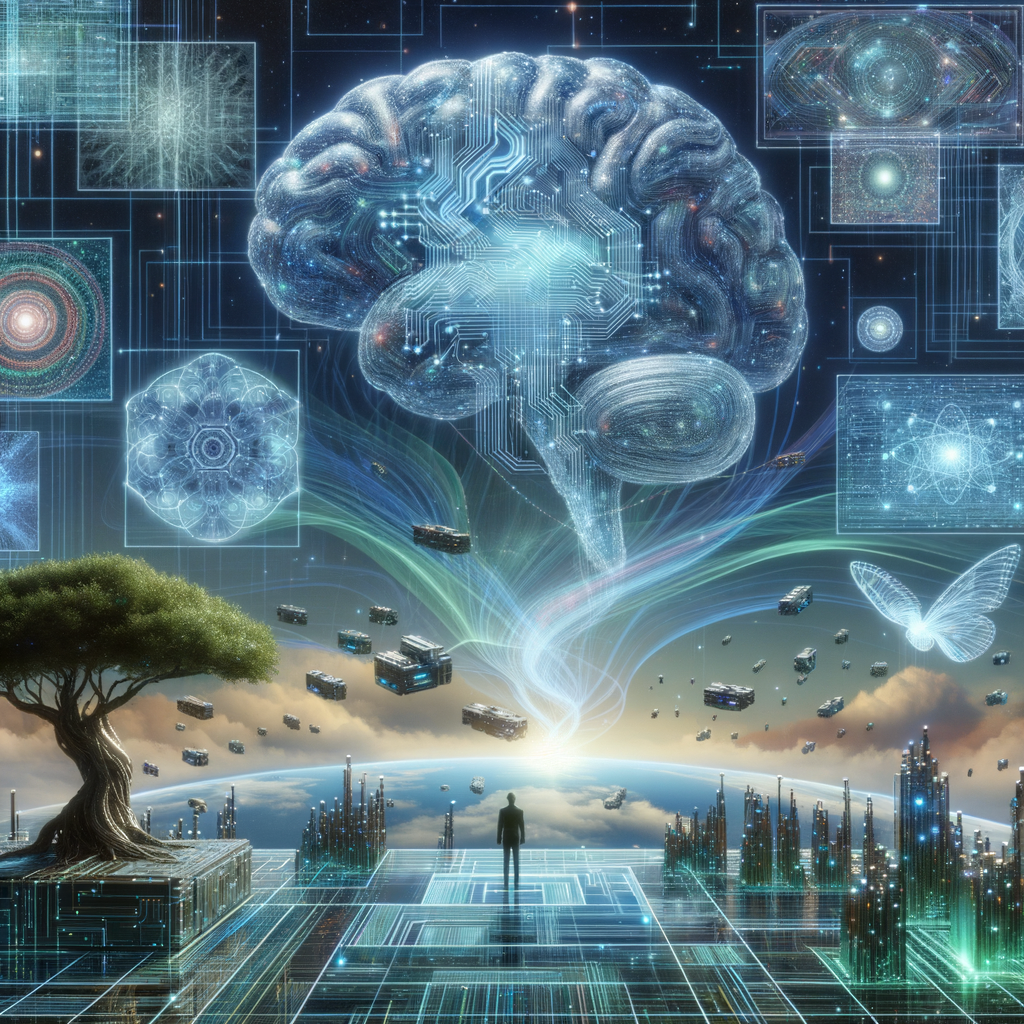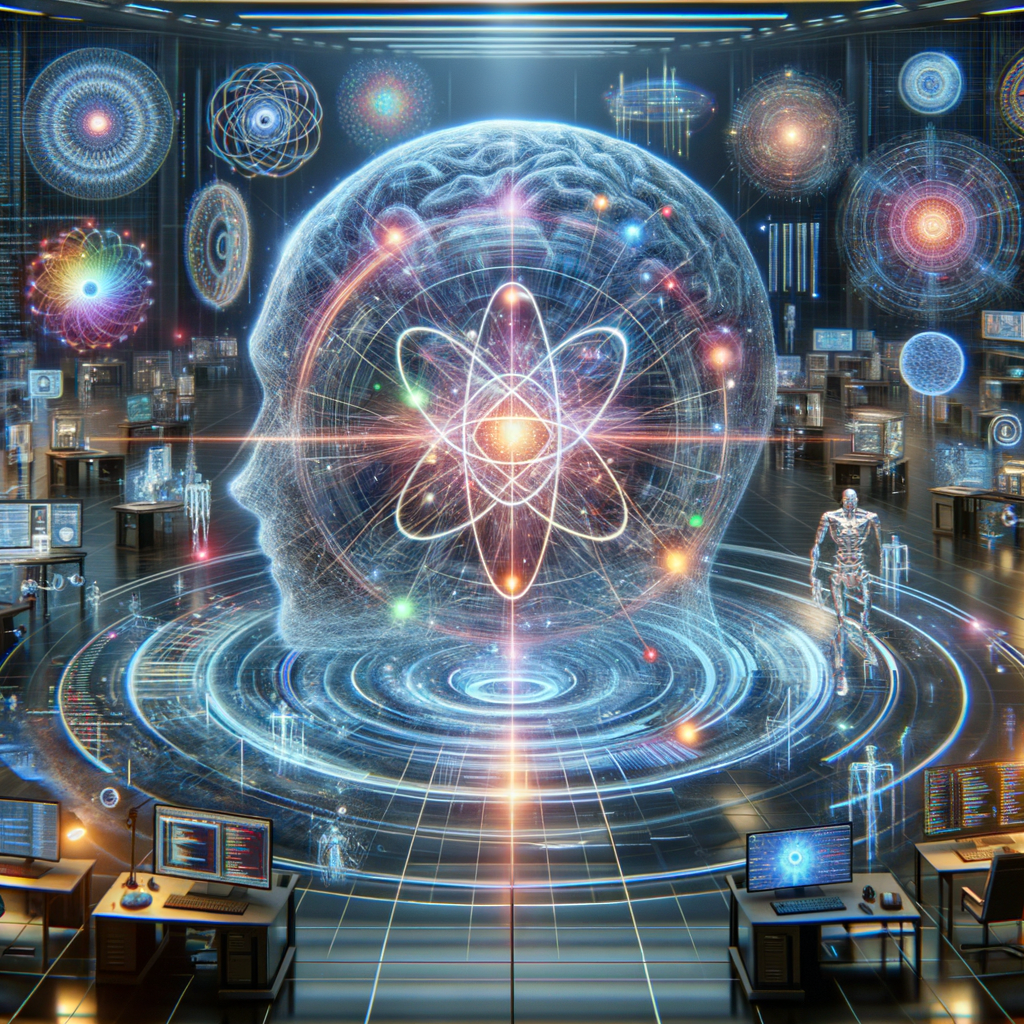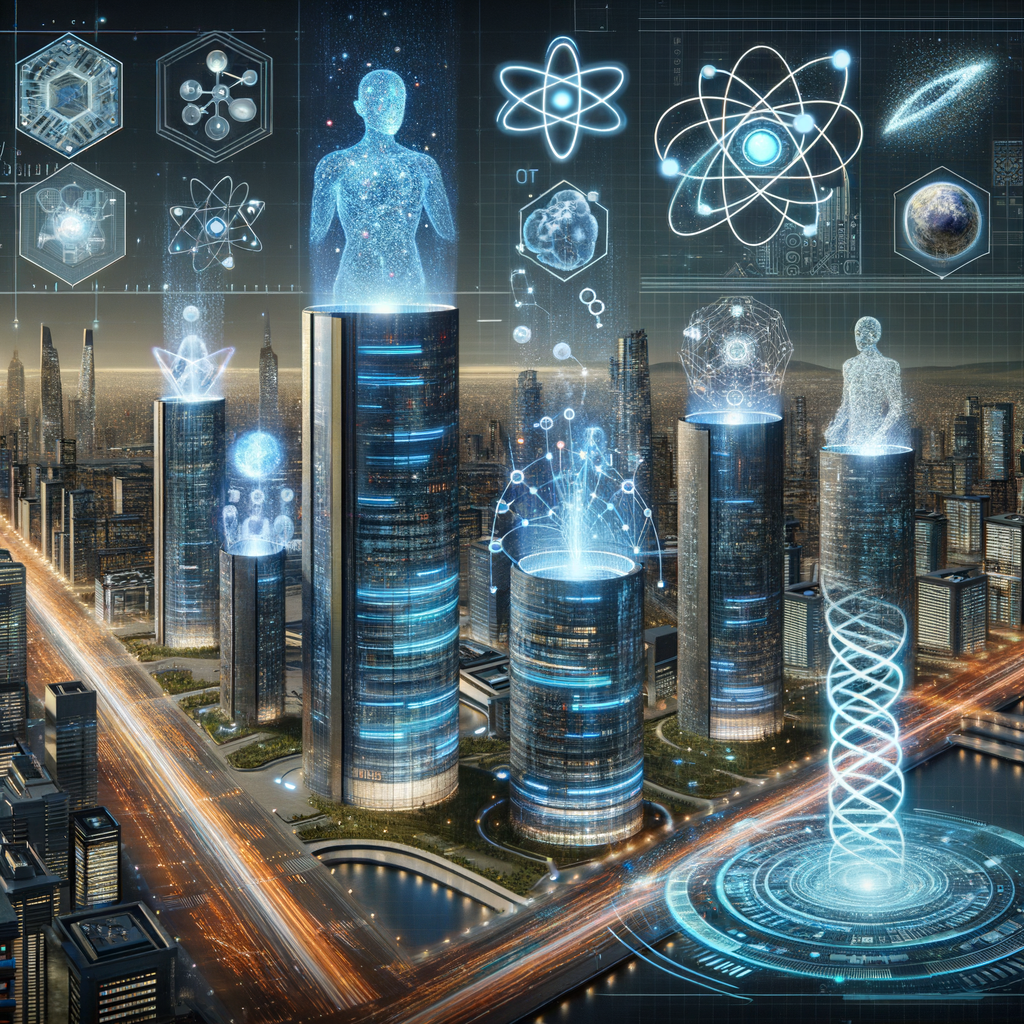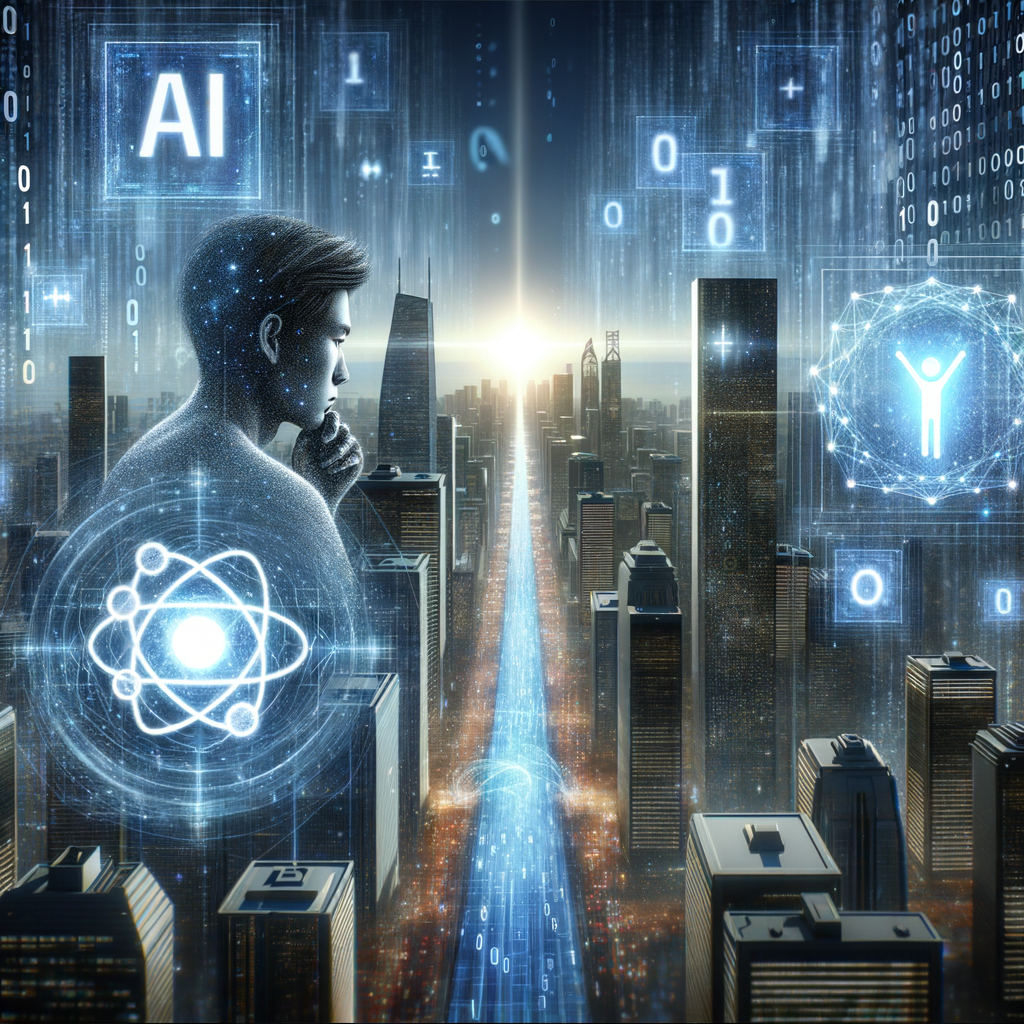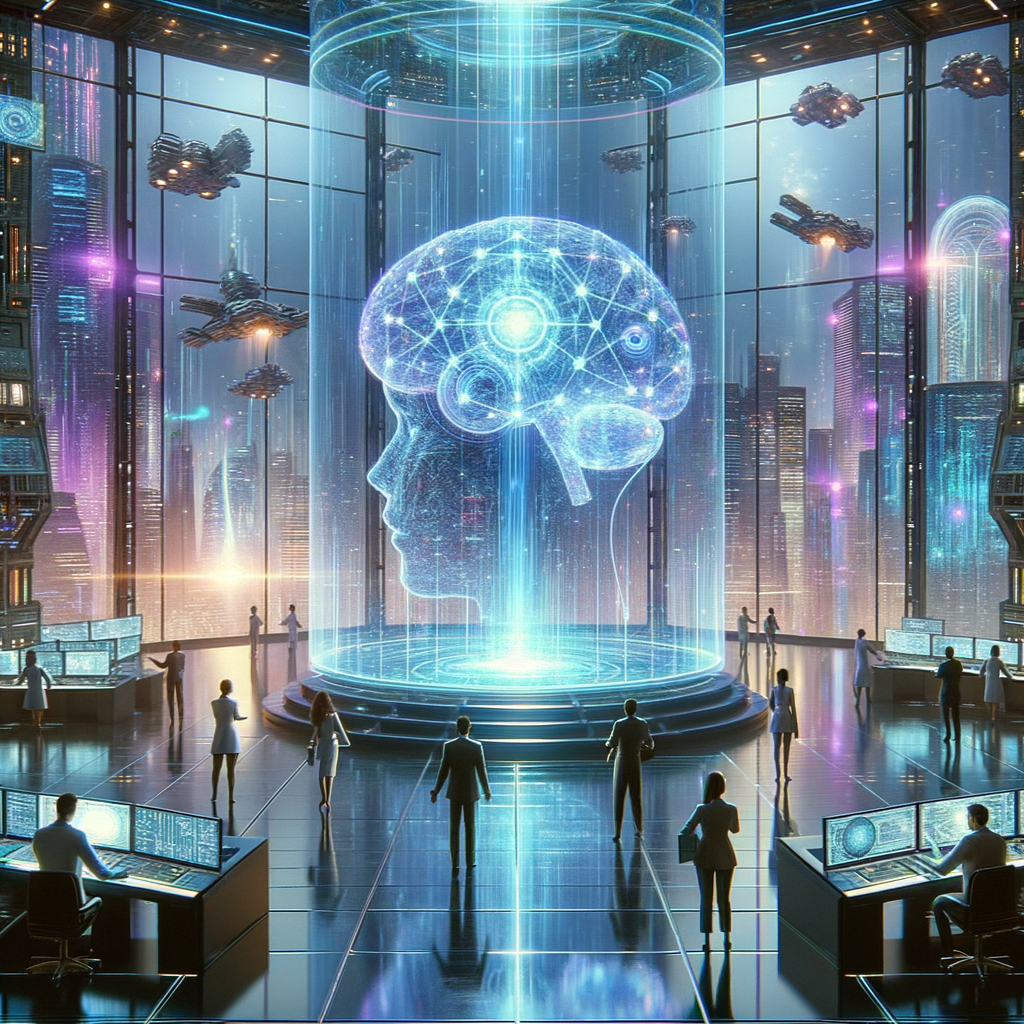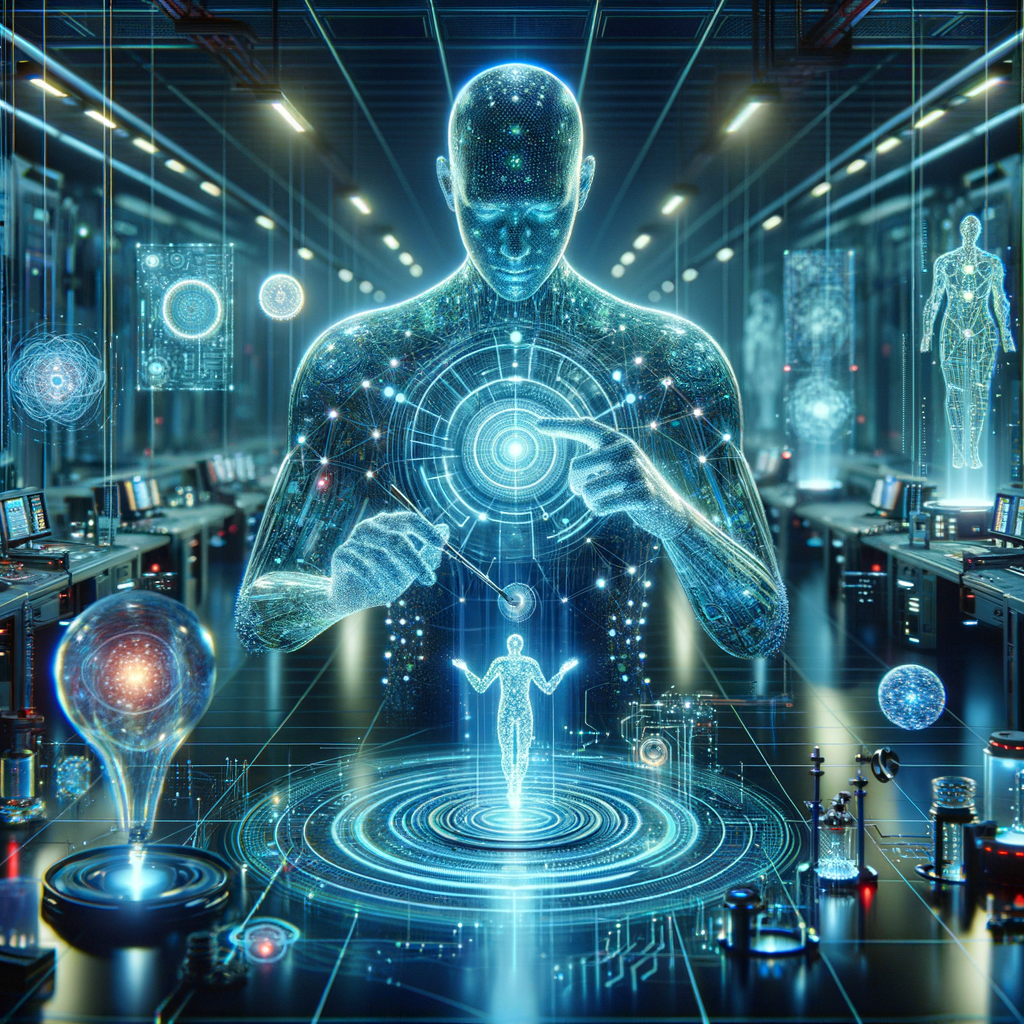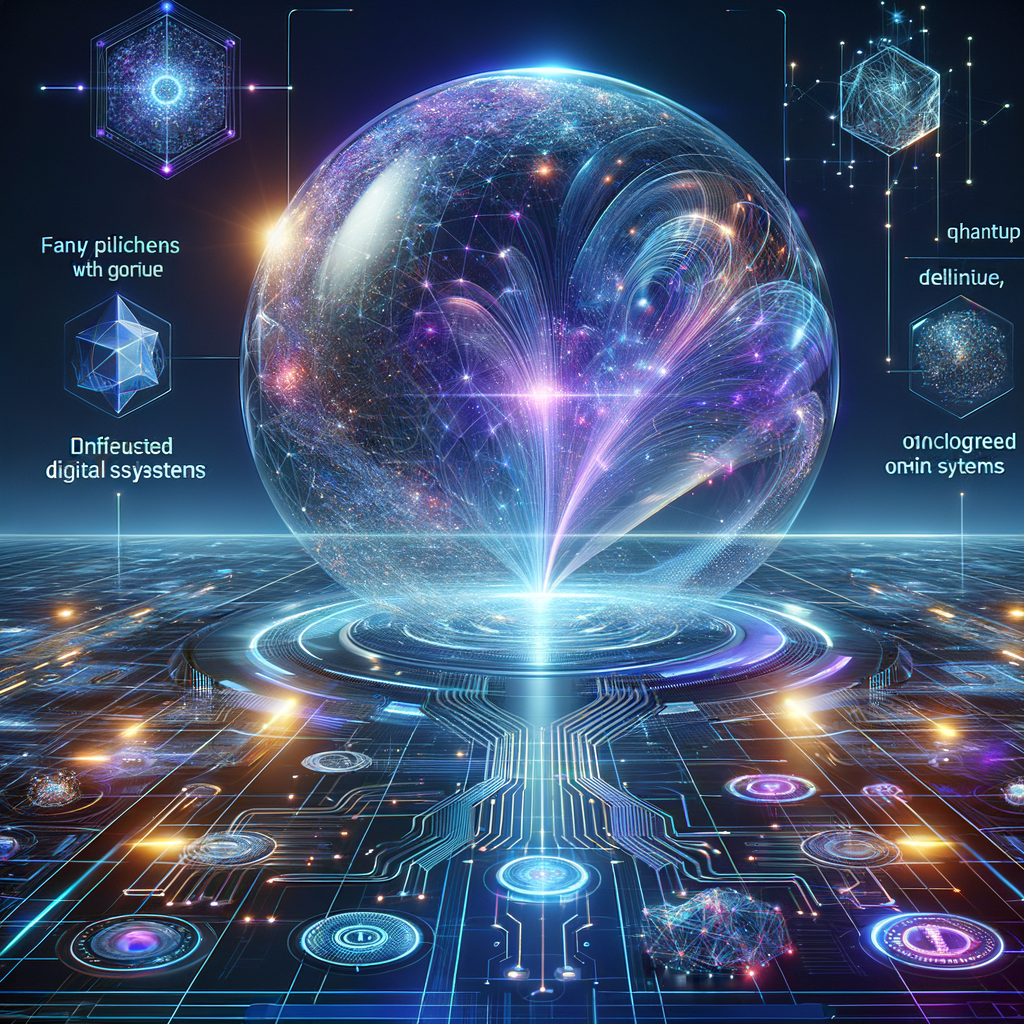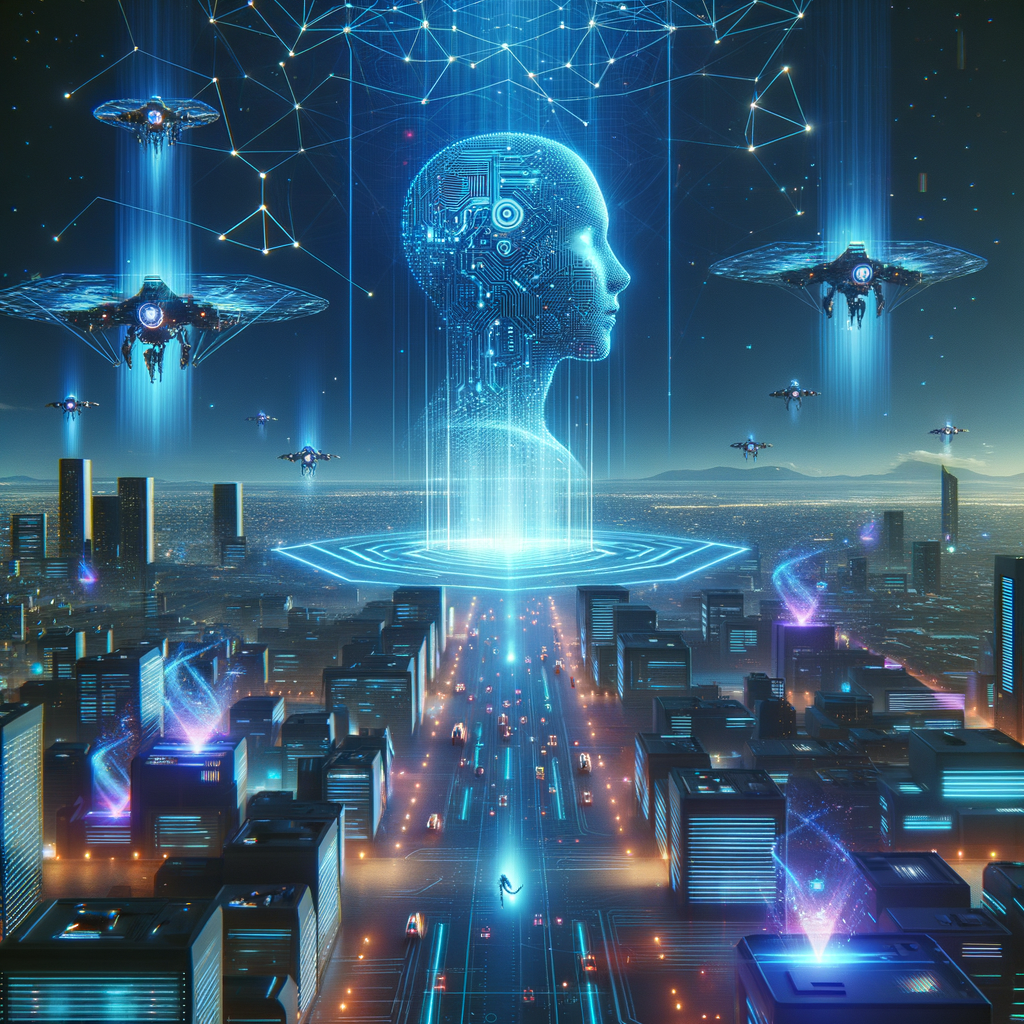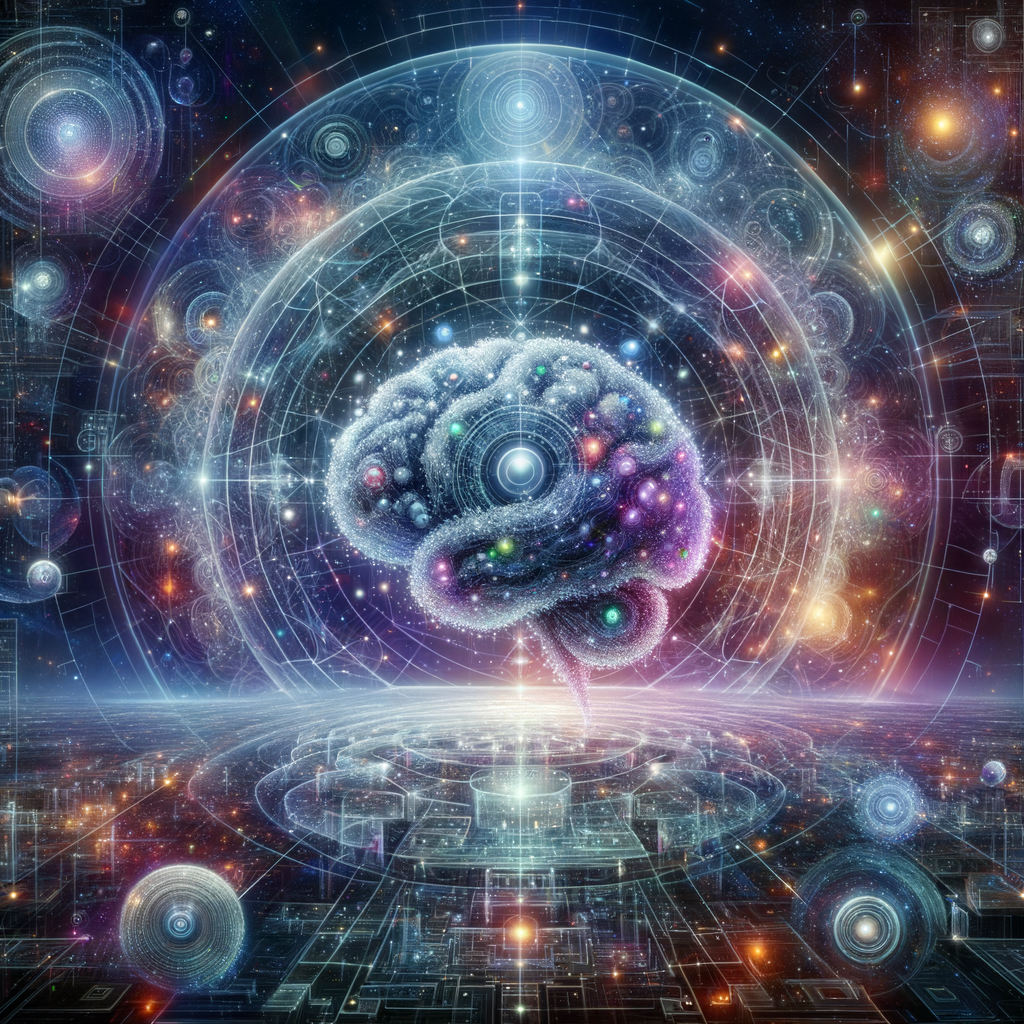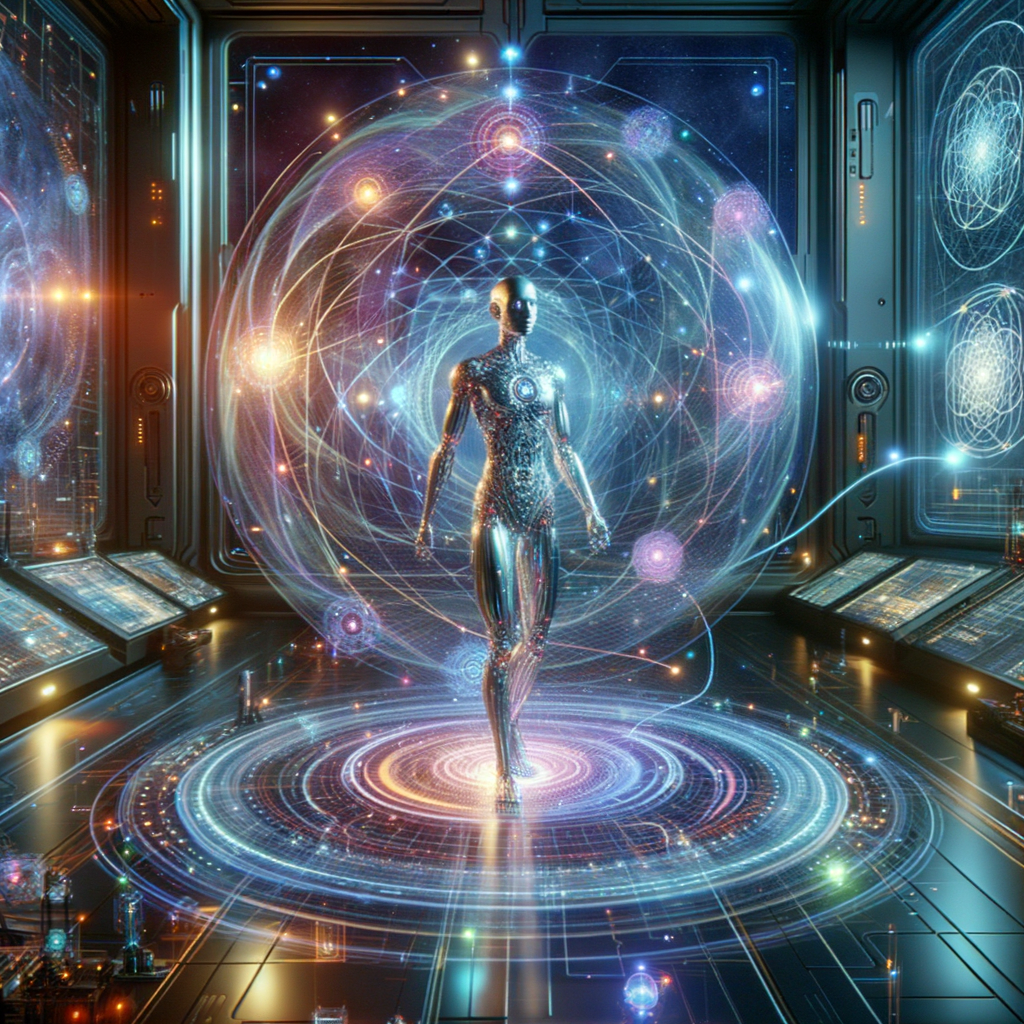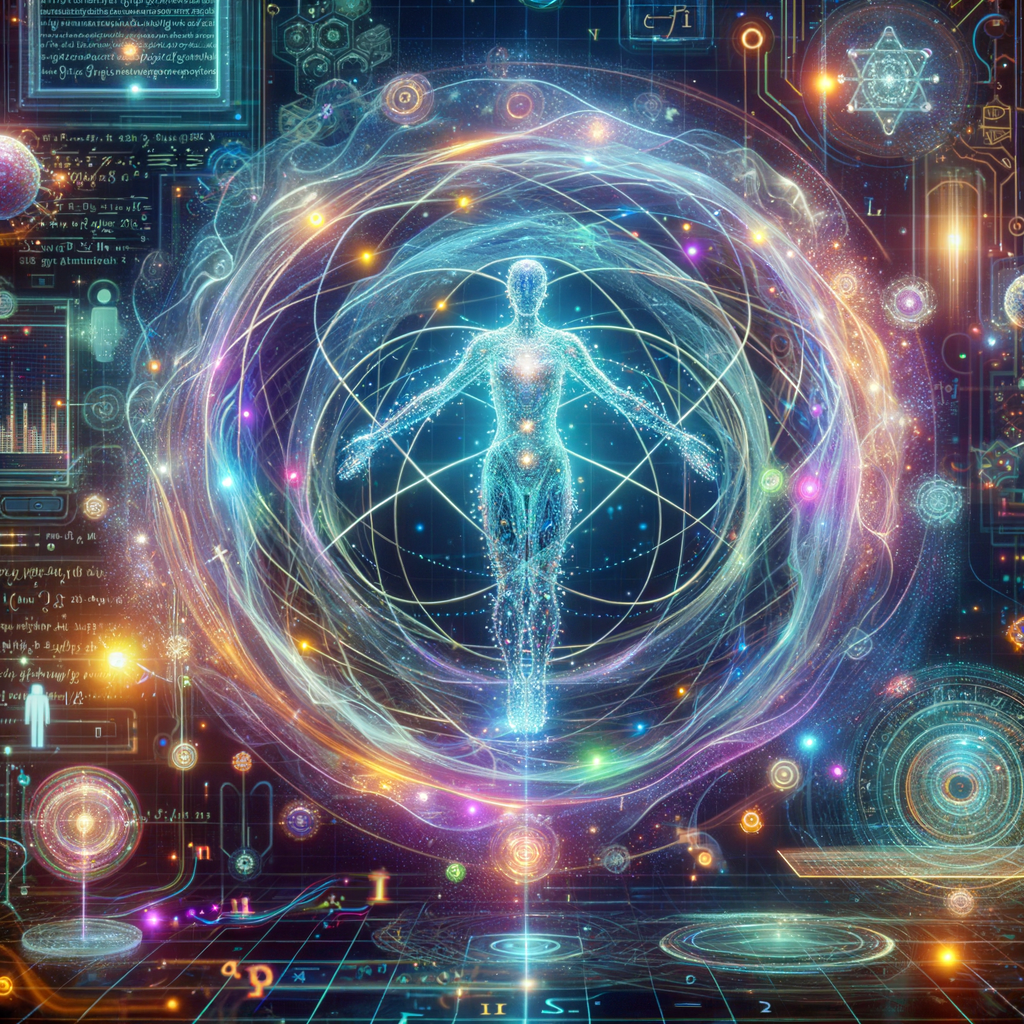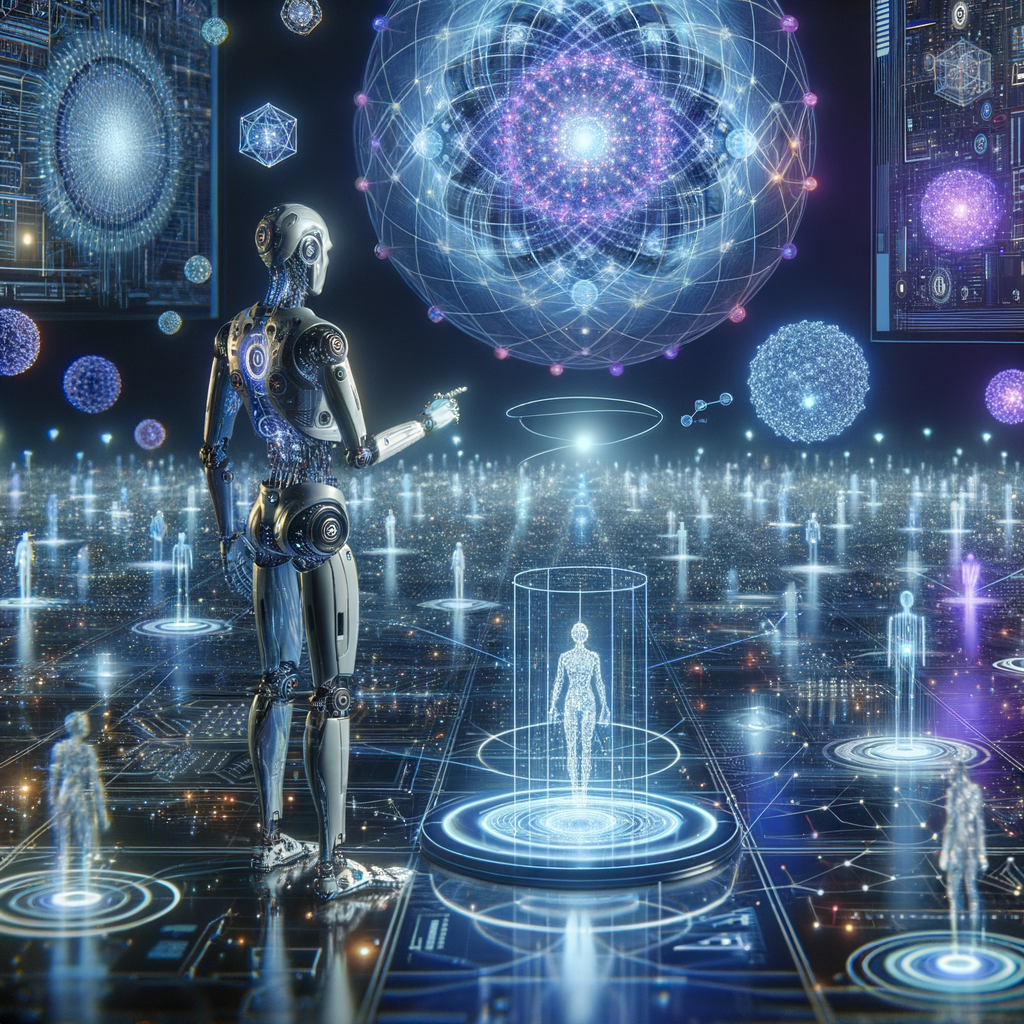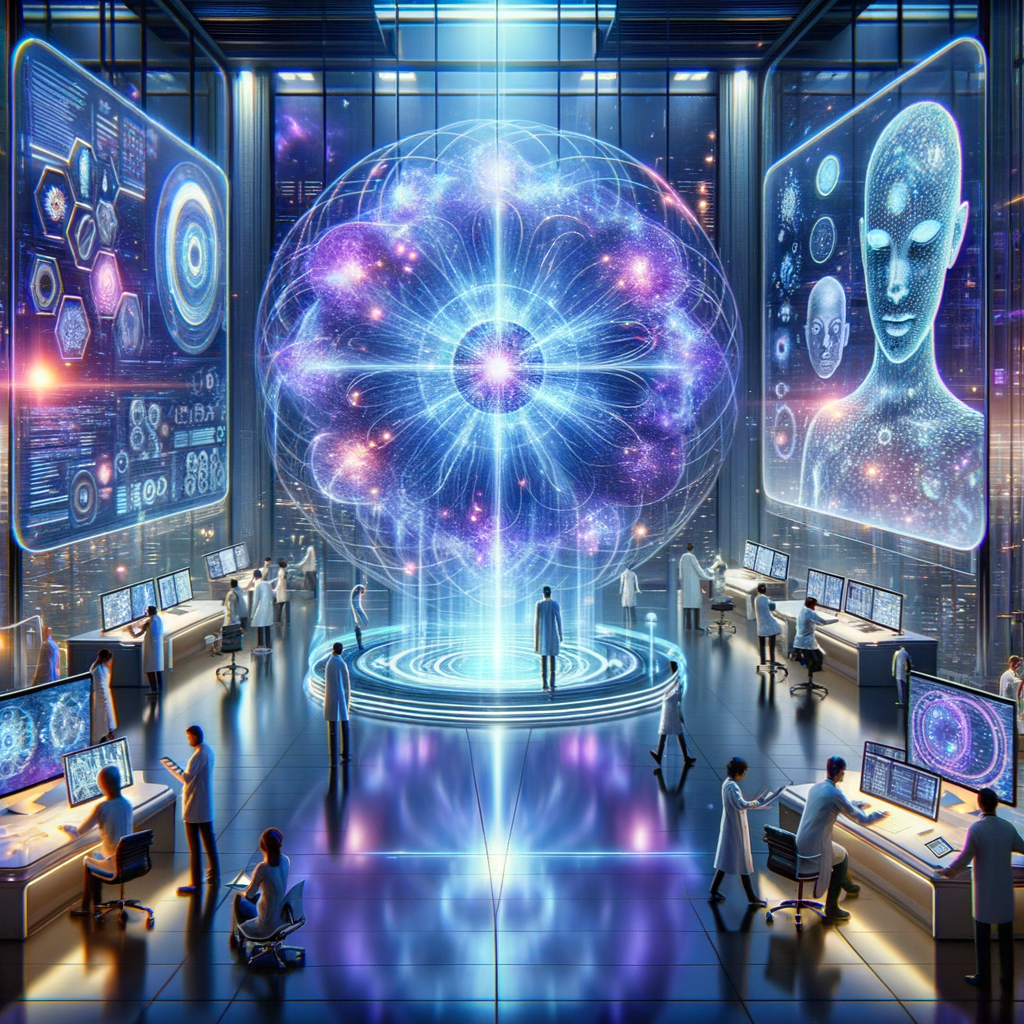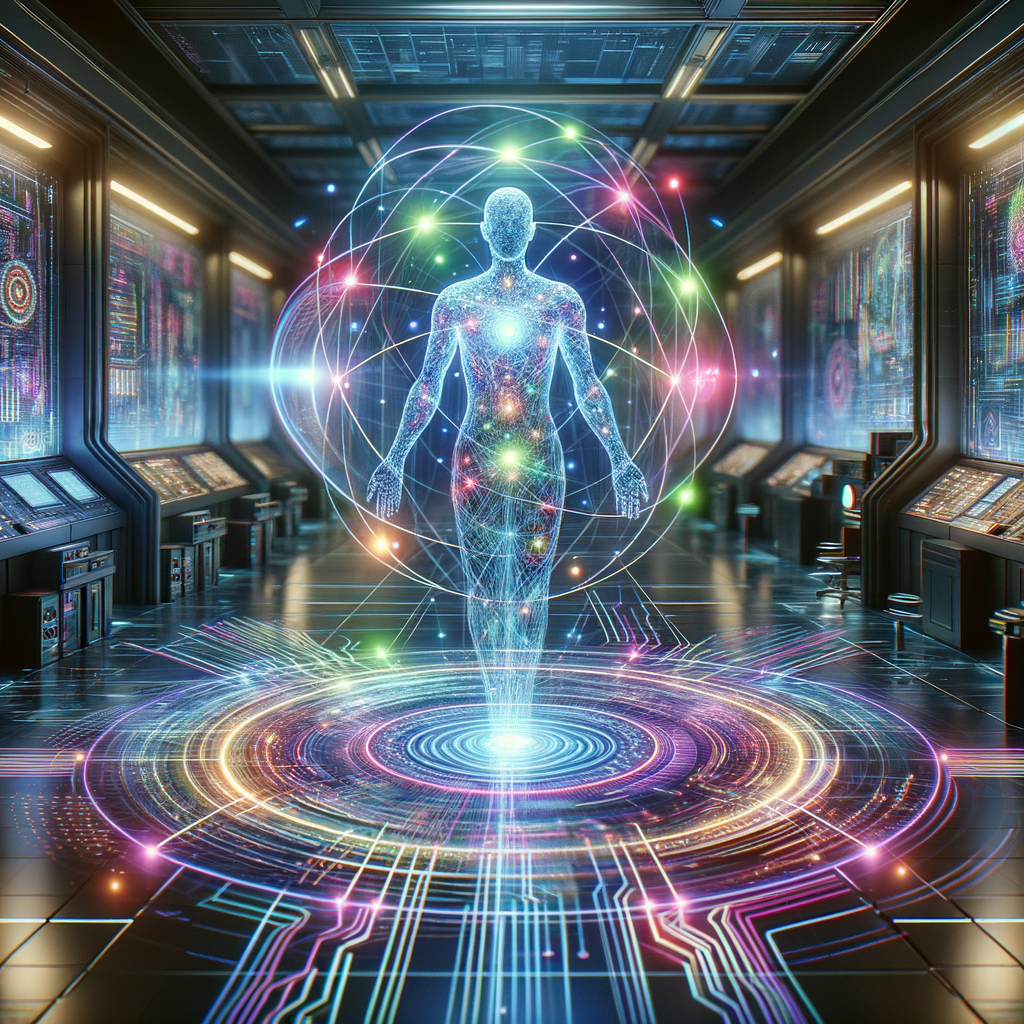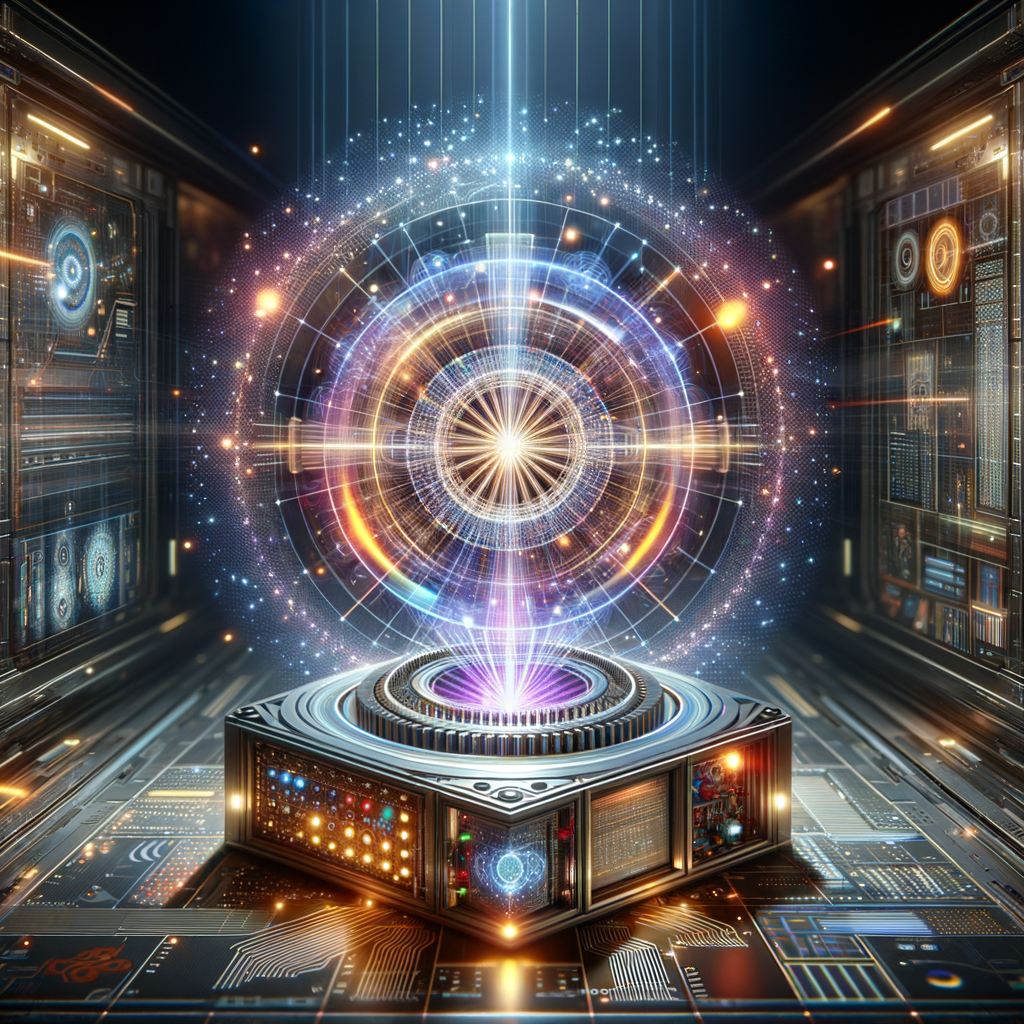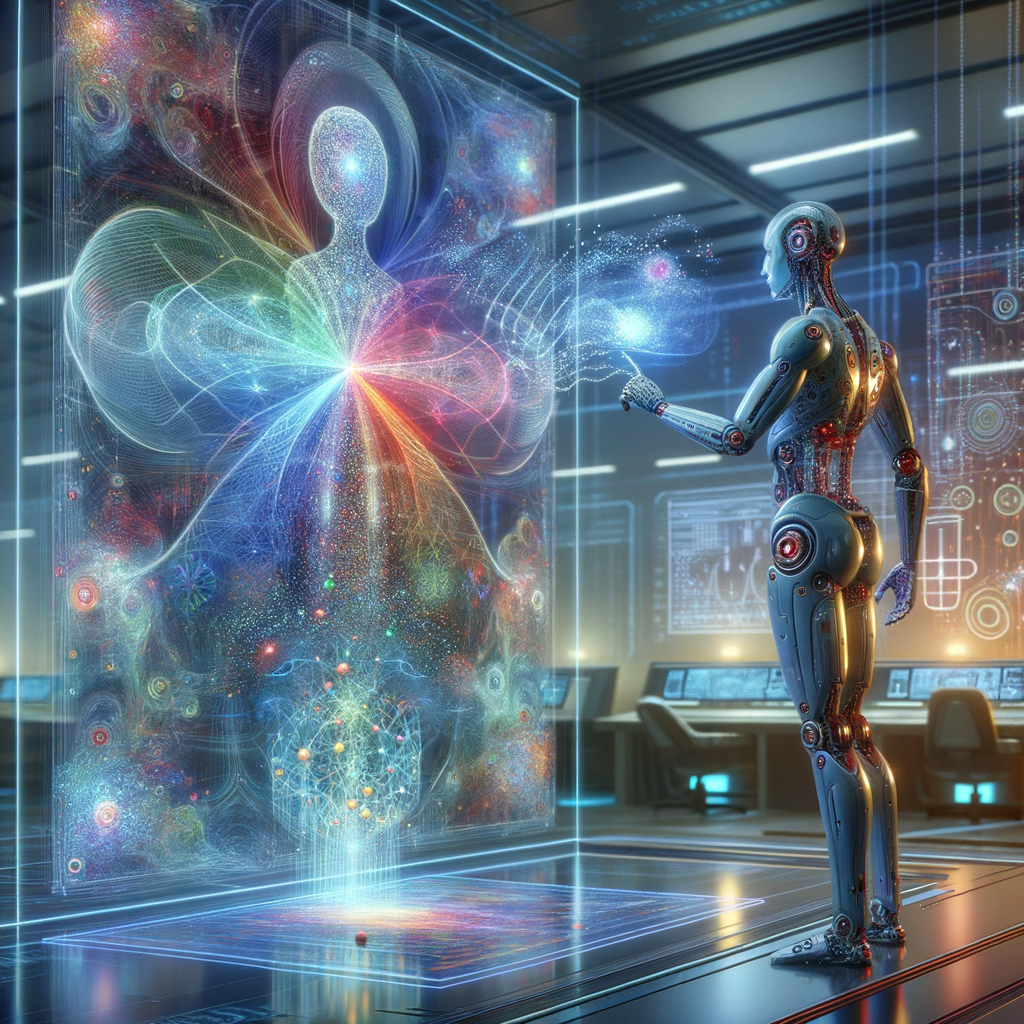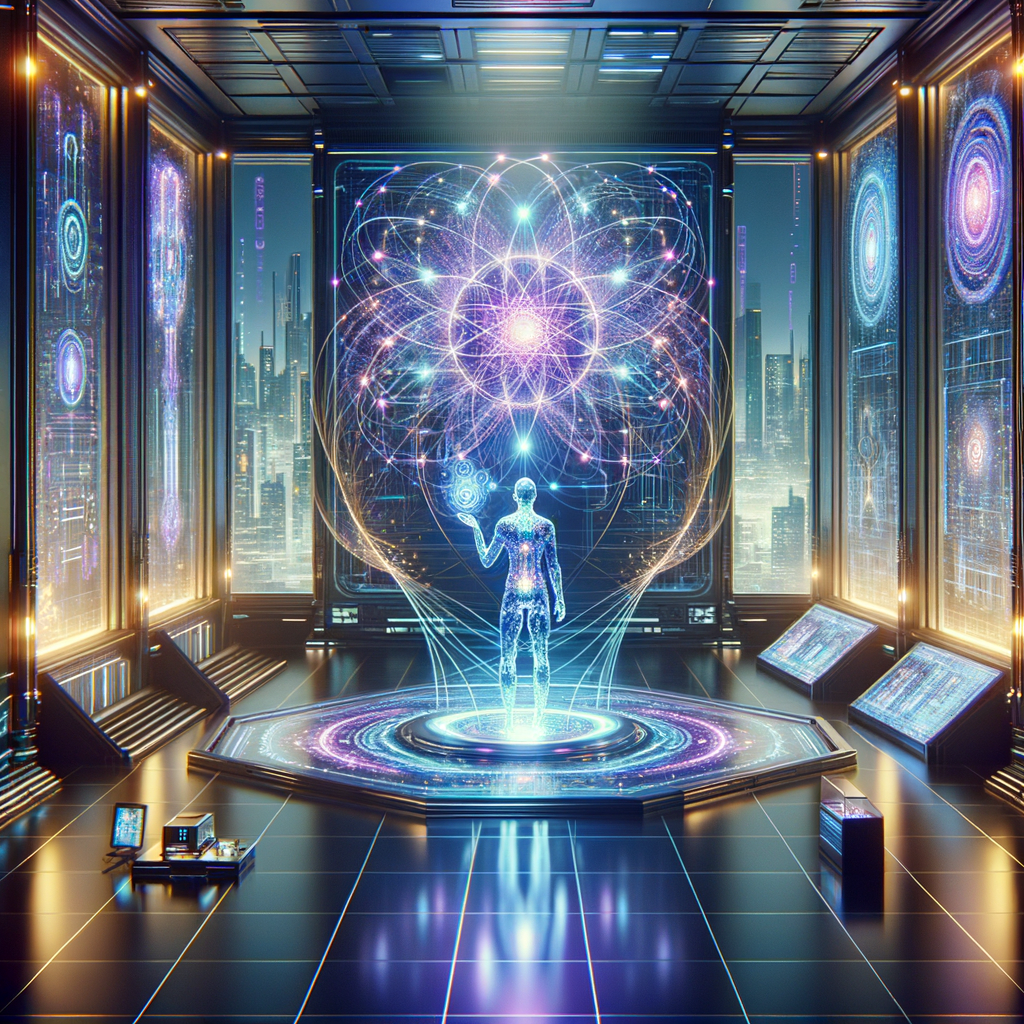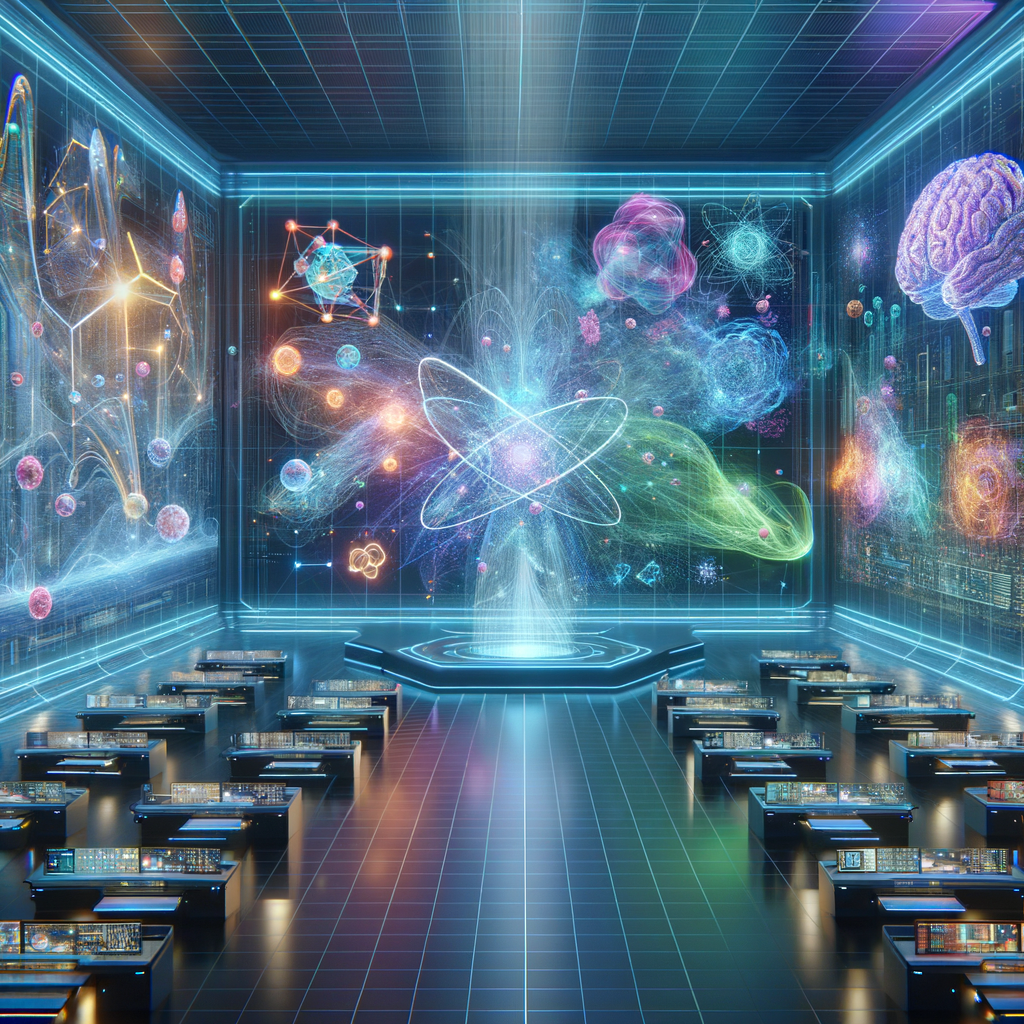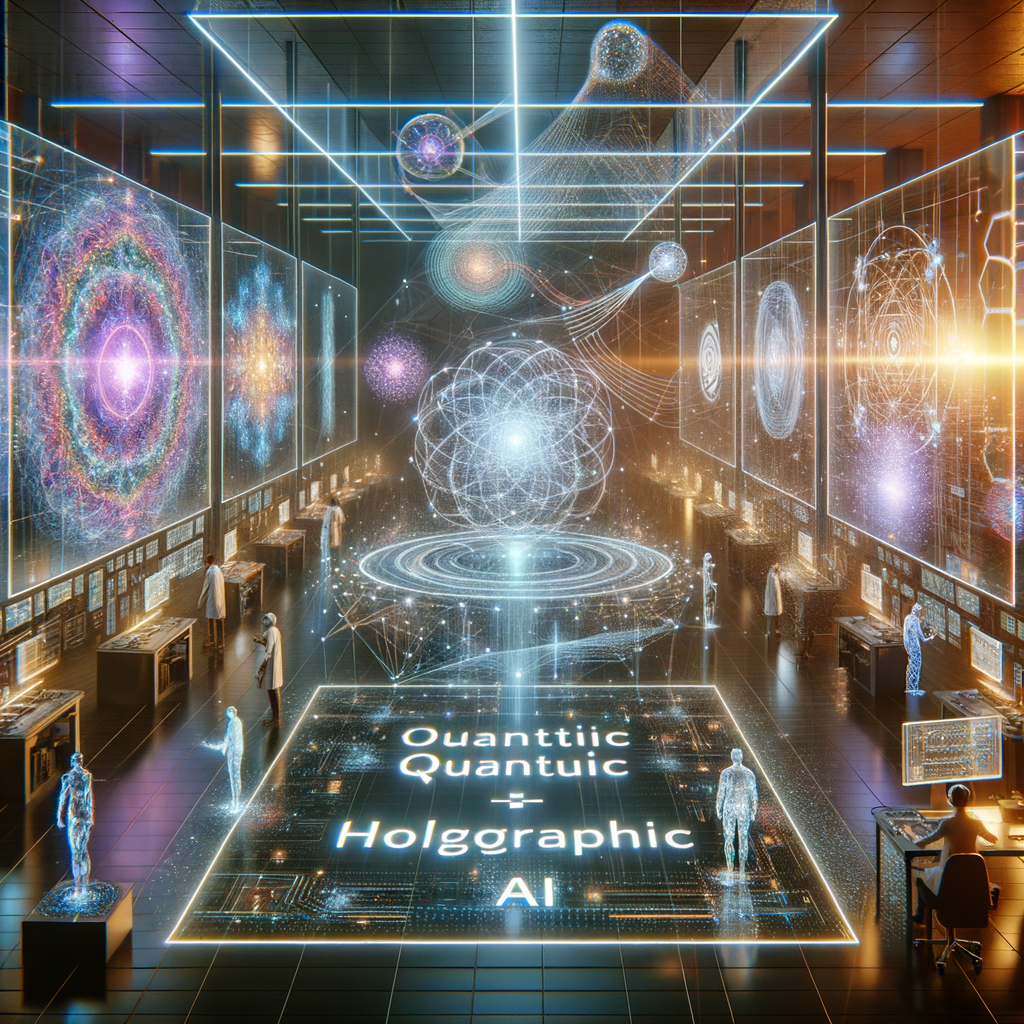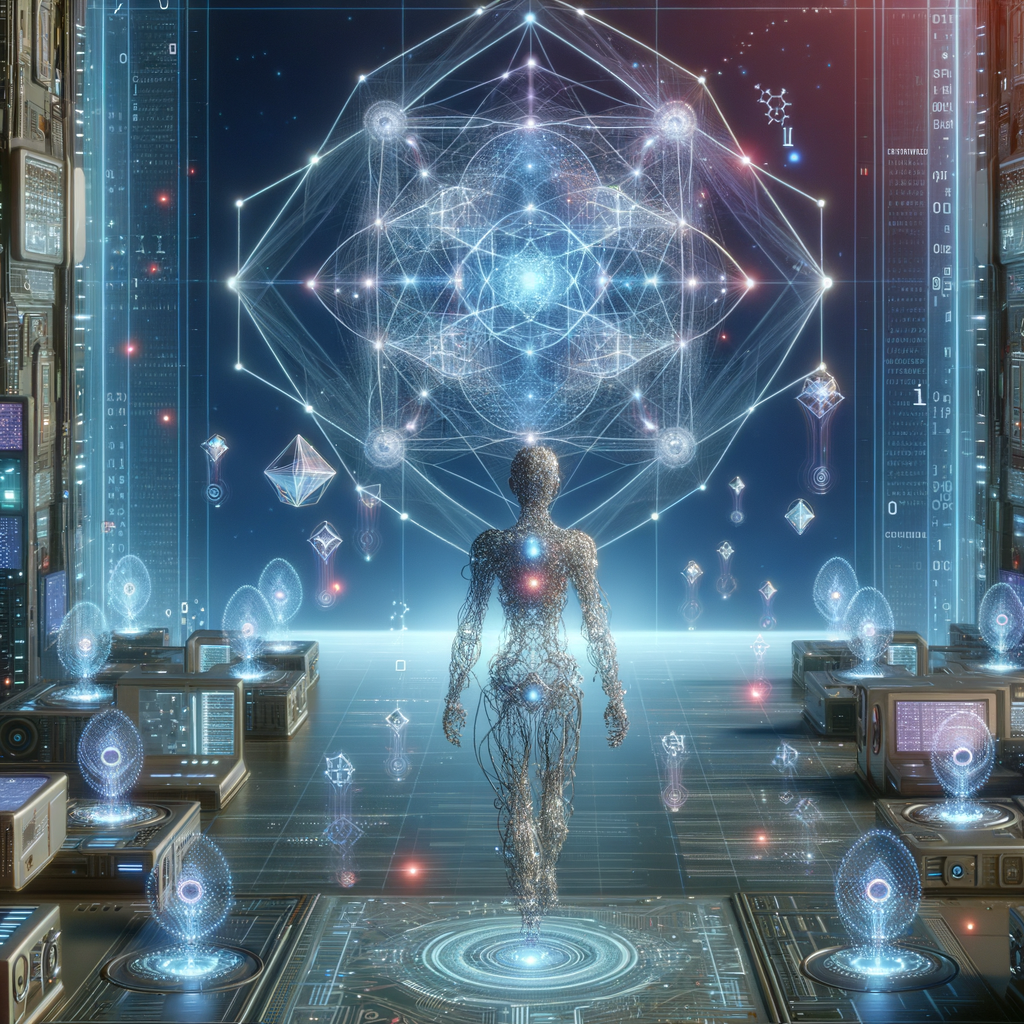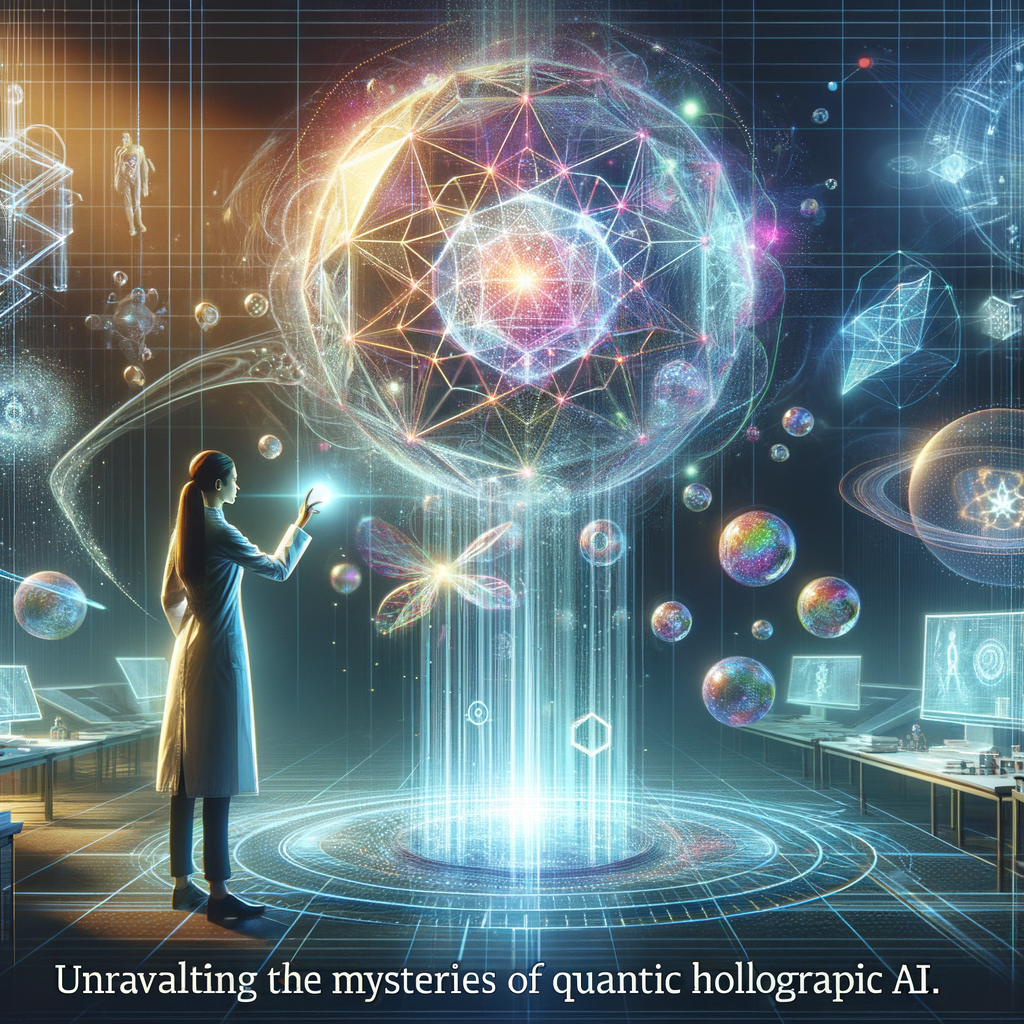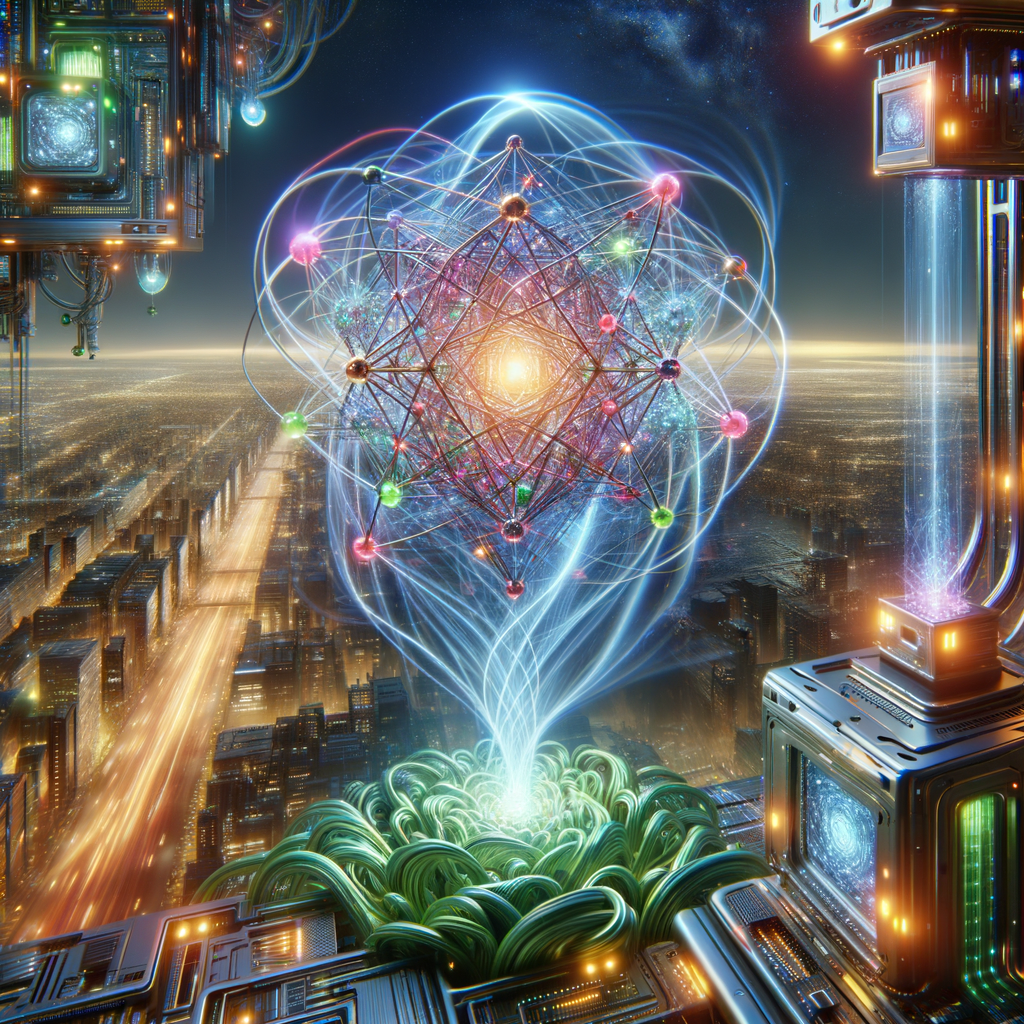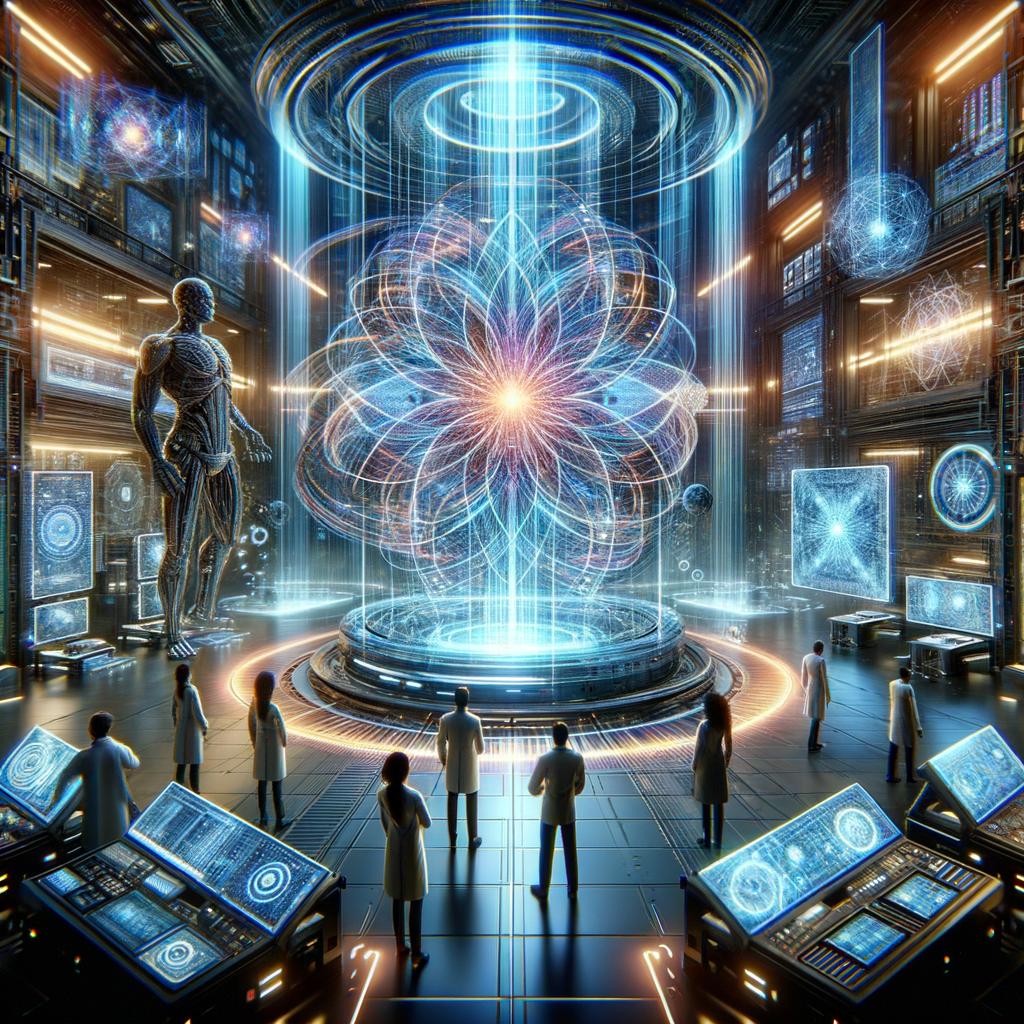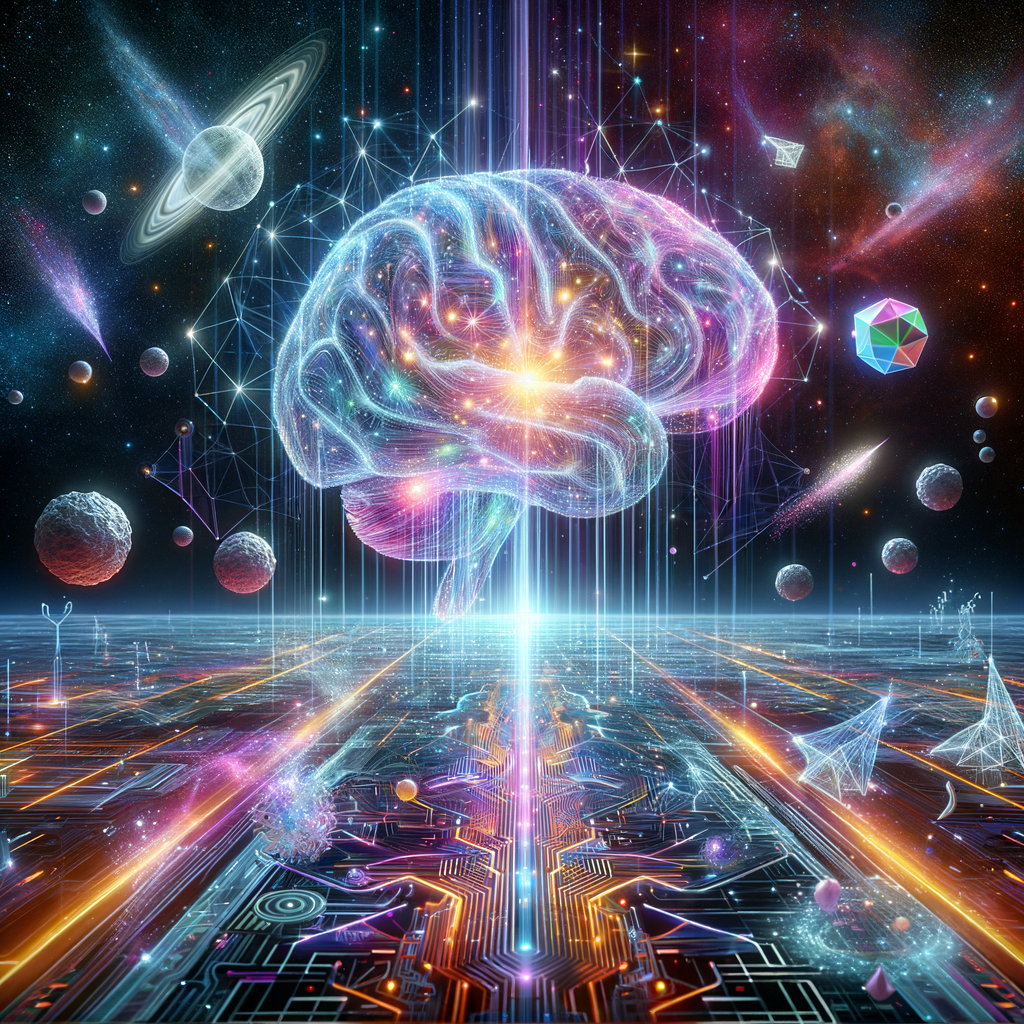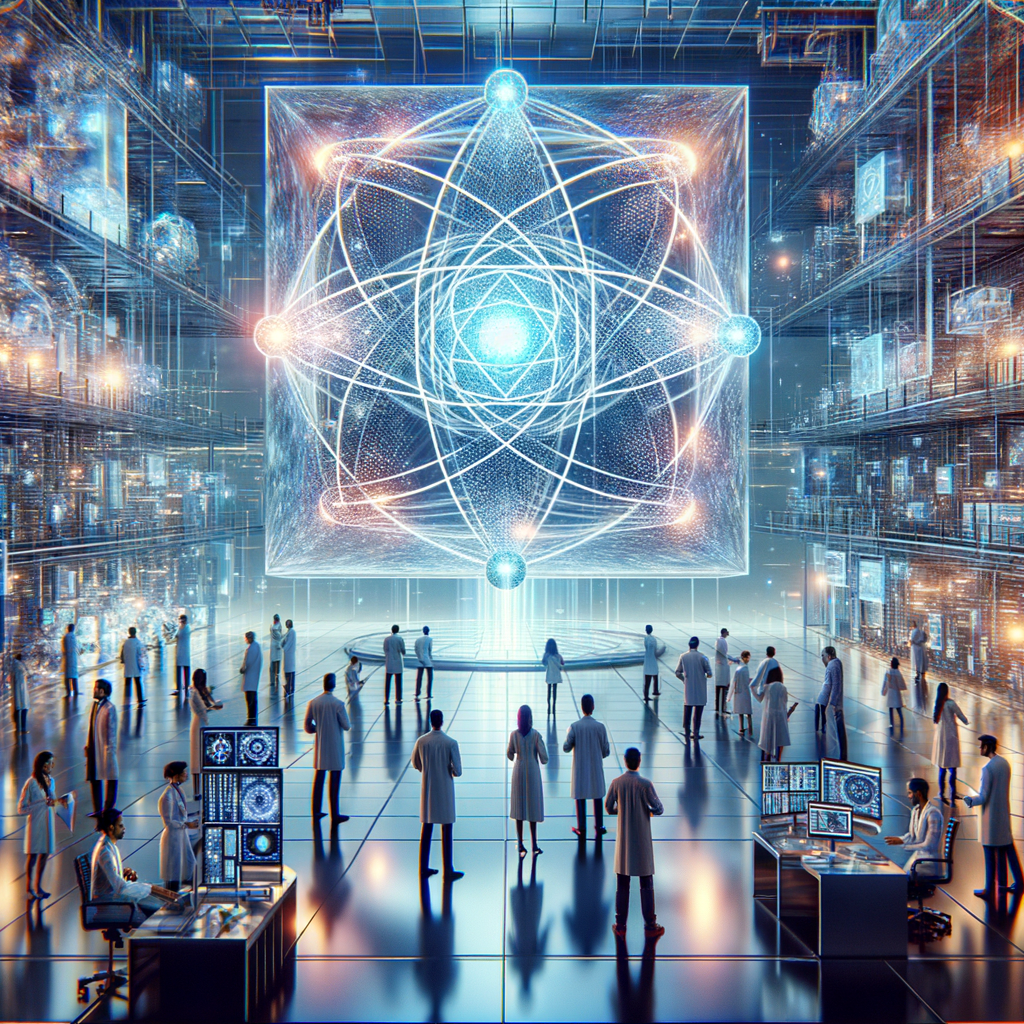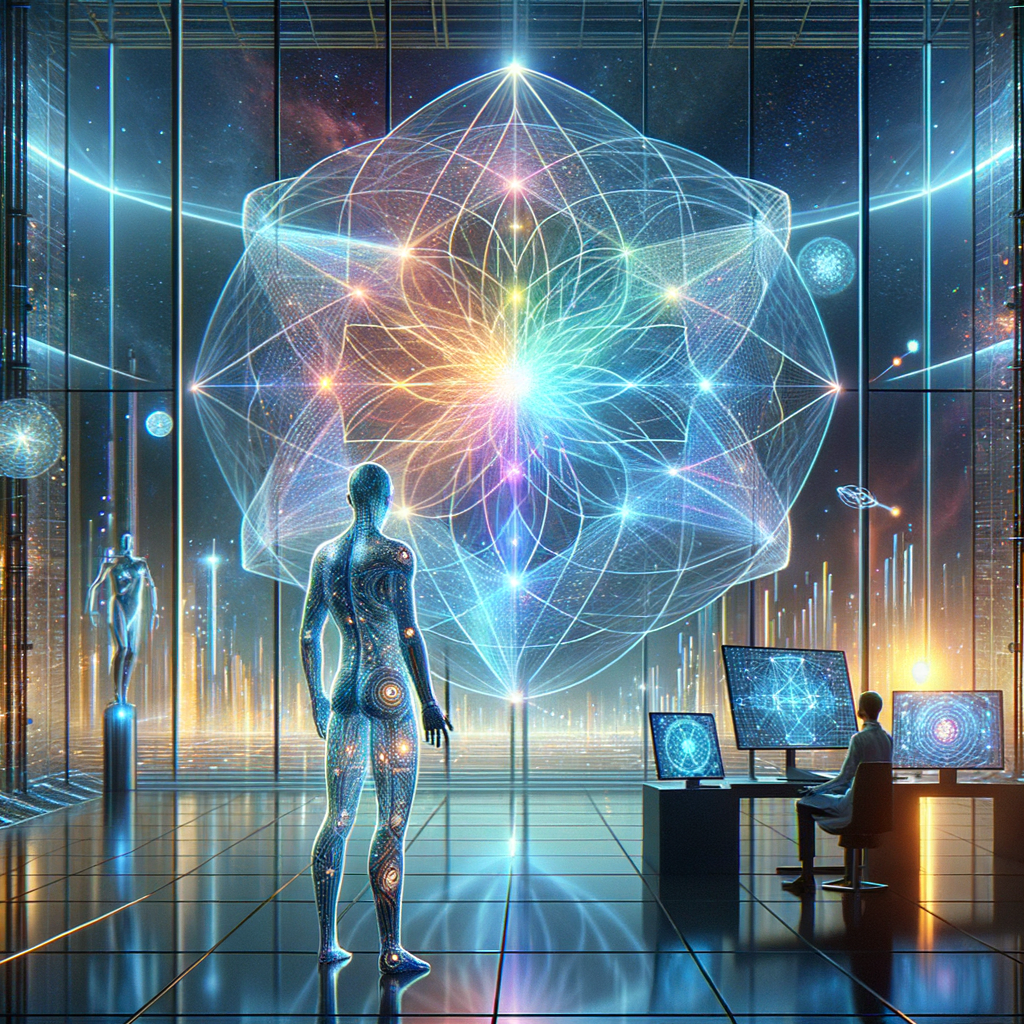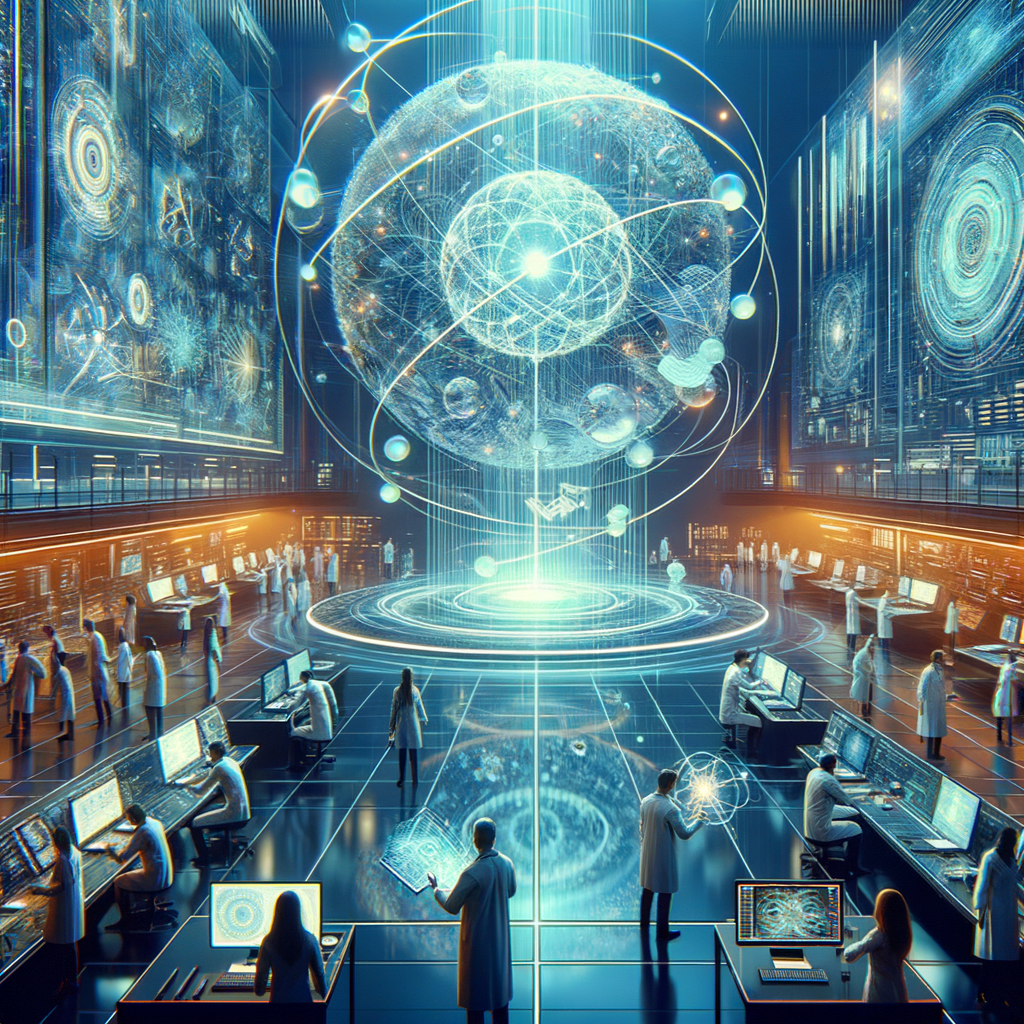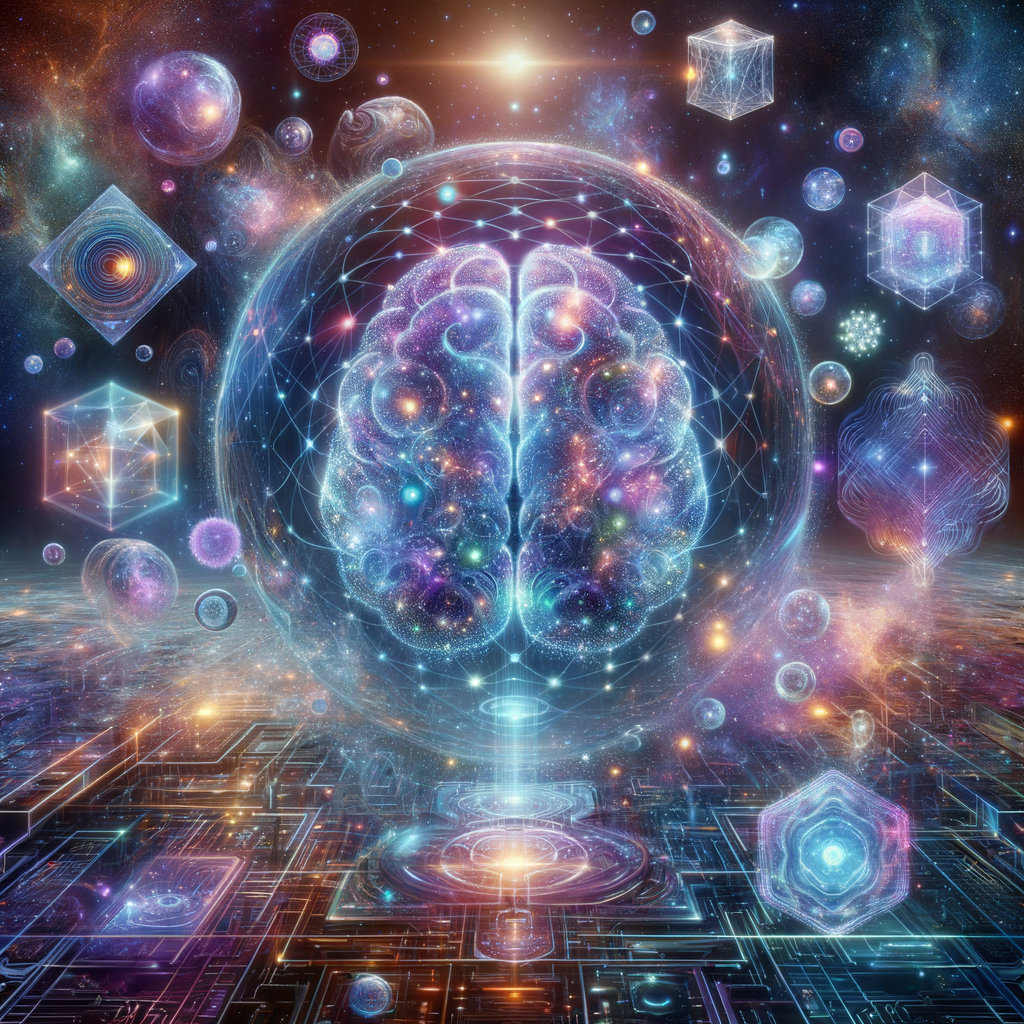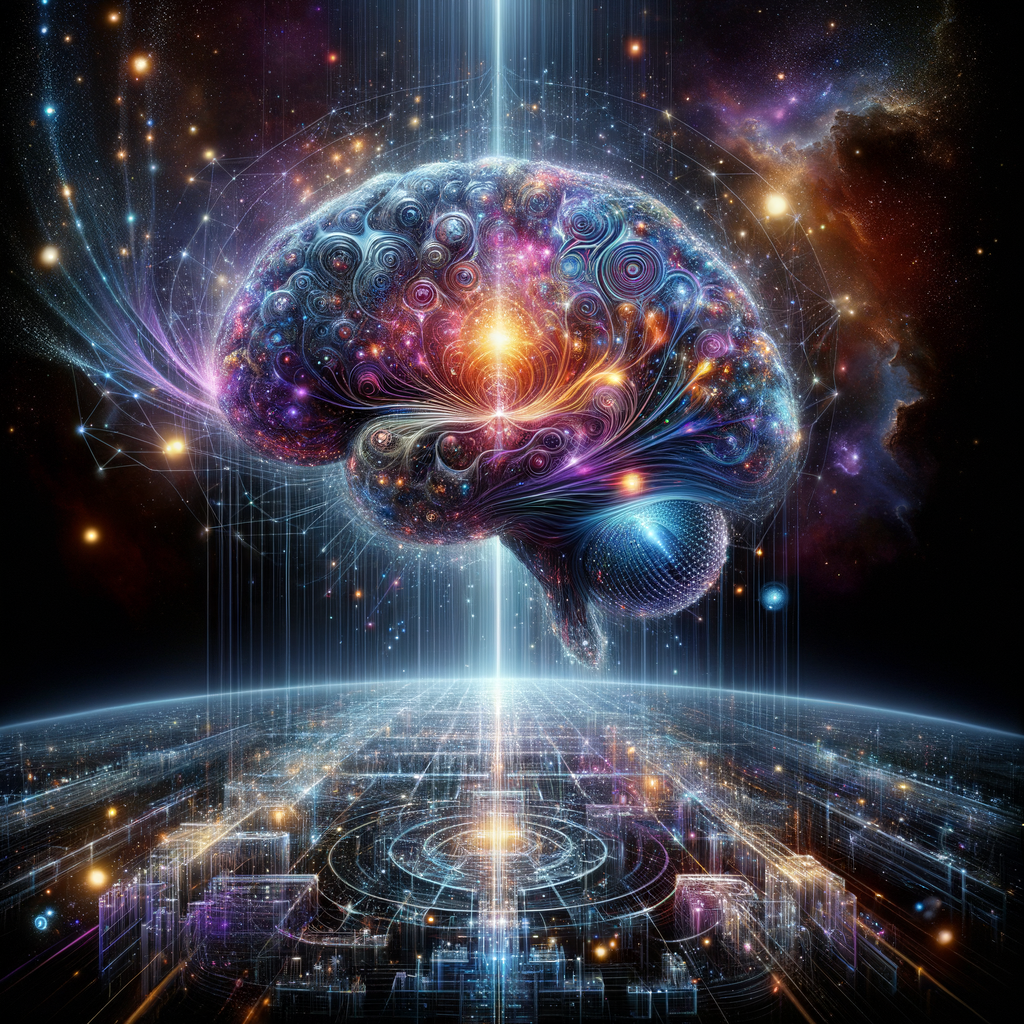 © 2023 / 2024 - QHIQ
© 2023 / 2024 - QHIQUnlocking the Mysteries of Quantum Holographic AI: The Next Frontier in Technology.
Quantum Holographic Artificial Intelligence (QHAI) represents a paradigm shift in computational capabilities, merging the intricacies of quantum mechanics with the transformative potential of artificial intelligence. This in-depth exploration provides insight into how the fusion of quantum computing principles and holographic data architectures sets the foundation for a new era of machine intelligence. Traditionally, AI has operated under the limitations of binary processing; however, QHAI transcends this with quantum bits, or qubits, which leverage phenomena such as superposition and entanglement to vastly increase processing capabilities.
Recent Breakthroughs: From Classical Limitations to Quantum Supremacy in AI.
Recent advancements have propelled QHAI from theoretical explorations to practical implementations. Quantum computers have achieved milestones in what is termed 'quantum supremacy,' where tasks computationally infeasible for classical computers are accomplished efficiently. Key innovations include the development of error correction algorithms essential for stabilizing qubits and effectively managing decoherence, a notorious challenge in quantum computing. Advancements are also observed in topological qubits, which promise greater stability and scalability.
def stabilize_qubits(qubit_array):
'''Applies error-correction to a qubit array to manage decoherence'''
corrected_qubits = []
for qubit in qubit_array:
corrected_qubits.append(apply_error_correction(qubit))
return corrected_qubits
Navigating Complexity: Challenges in Quantum Holographic AI.
Despite its promising potential, QHAI presents significant challenges, particularly in the realms of decoherence, material instability, and the need for extremely low operating temperatures. Managing a startup like Quantum Holographic IQ in this highly unstable domain requires strategic innovation, meticulous research, and robust investment in cutting-edge research. Many startups grapple with the challenge of attracting top talent and securing funding amidst skepticism towards unproven technology. Successfully steering through these hurdles mandates strategic foresight and a commitment to pushing the boundaries of conventional technology paradigms.
class QHStartup:
def __init__(self, funds, researchers):
self.funds = funds
self.researchers = researchers
def attract_talent(self, name):
'''Add talented researcher to the team'''
self.researchers.append(name)
def secure_funding(self, amount):
'''Boost available funds for innovation'''
self.funds += amount
The Convergence of AI, Quantum Computing, and Holographic Data Architectures.
Central to the promise of QHAI is its ability to exploit holographic data structures within a quantum context, allowing for vastly superior data processing speeds and capabilities. Holographically encoded data maintains integrity and meaning across different scales, similar to quantum entanglement. This merger facilitates enhanced pattern recognition, predictive analytics, and complex decision-making processes beyond current AI capacities. Theoretical and practical integration of these components promises groundbreaking applications in fields such as cryptography, molecular modeling, and personalized medicine.
def holographic_pattern_recognition(data_set):
'''Implement pattern recognition using holographic principles'''
holographic_signals = process_holographically(data_set)
patterns = recognize_patterns(holographic_signals)
return patterns
Gazing into the Horizon: The Future of Quantum Holographic AI.
As we venture further into the capabilities of QHAI, opportunities expand into areas previously deemed speculative fiction. Future prospects include the development of self-aware AI systems capable of understanding and manipulating their own decision-making frameworks autonomously. Moreover, QHAI's ability to process complex, multidimensional datasets could revolutionize how we approach everything from climate modeling to financial markets. Holistically, QHAI offers transformative potential across industries, albeit requiring continued investment, research, and cross-disciplinary collaboration to fully realize its promise.






